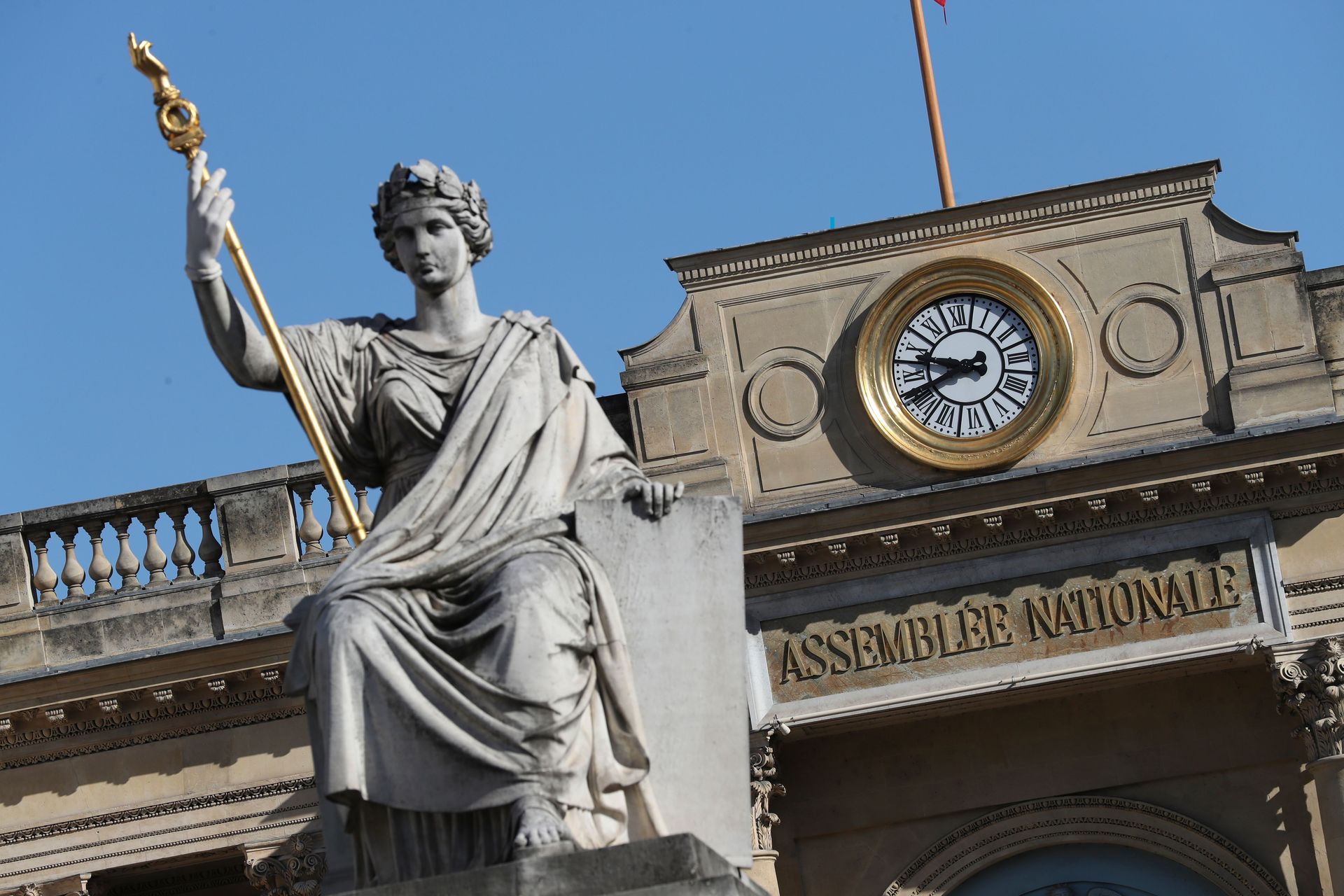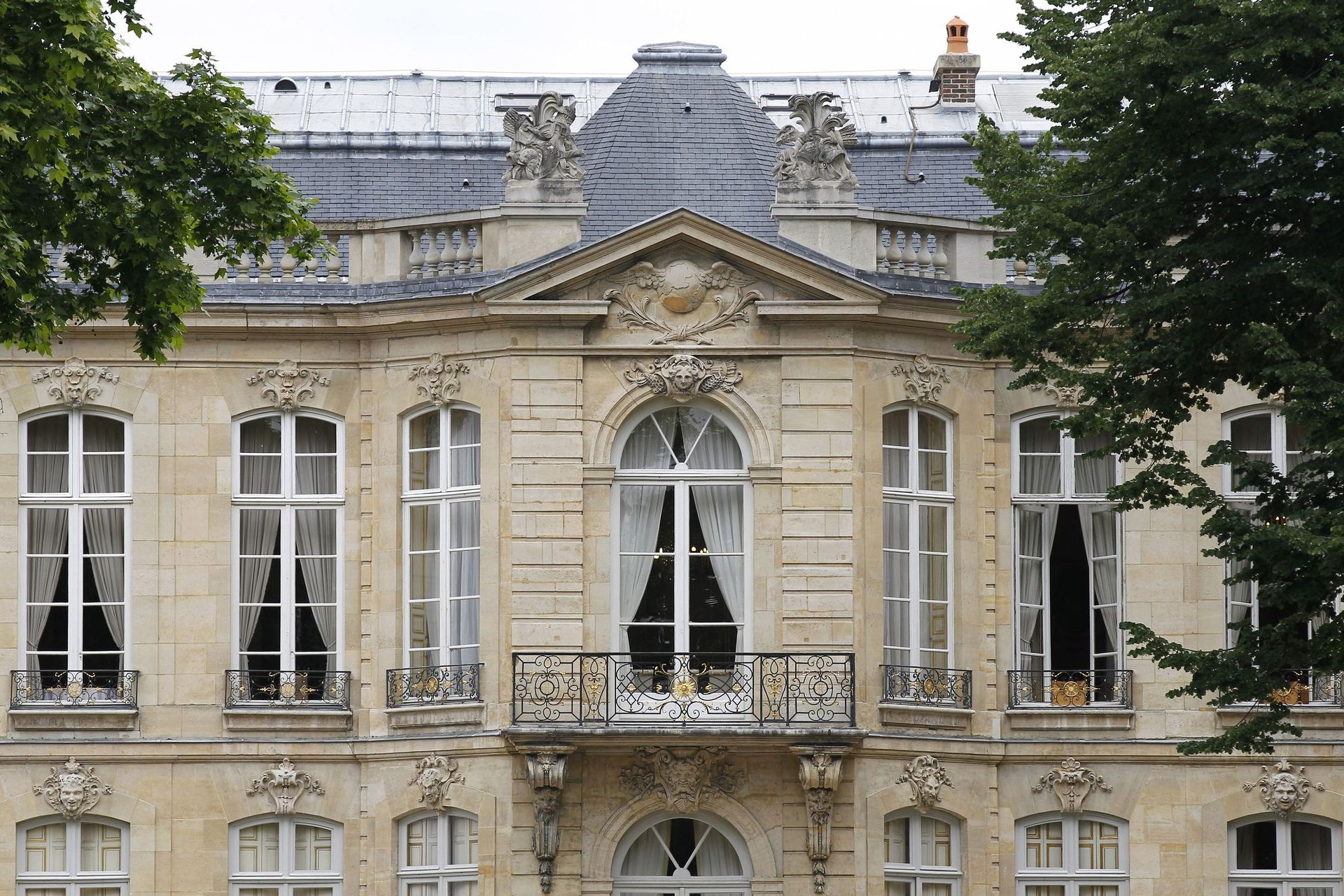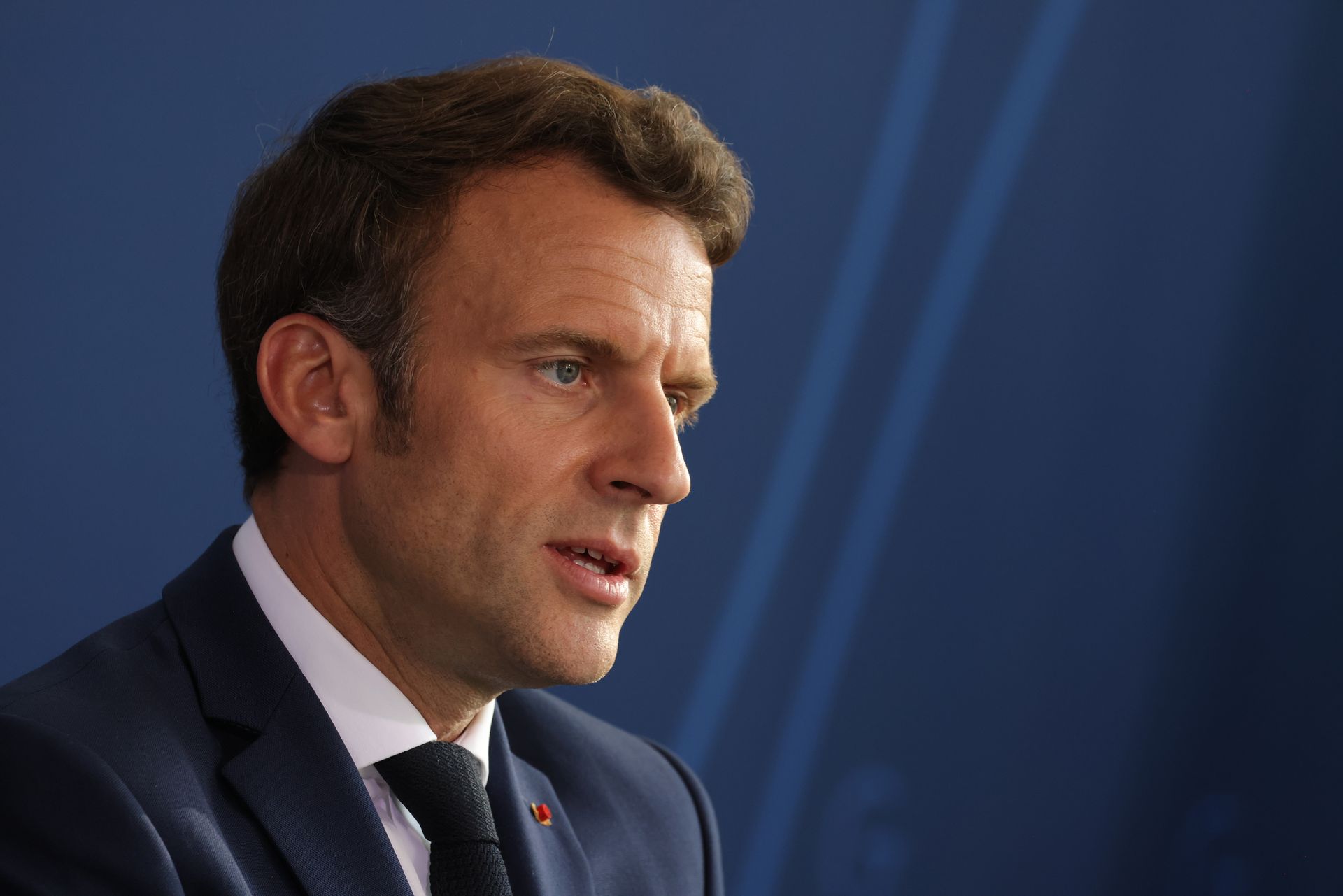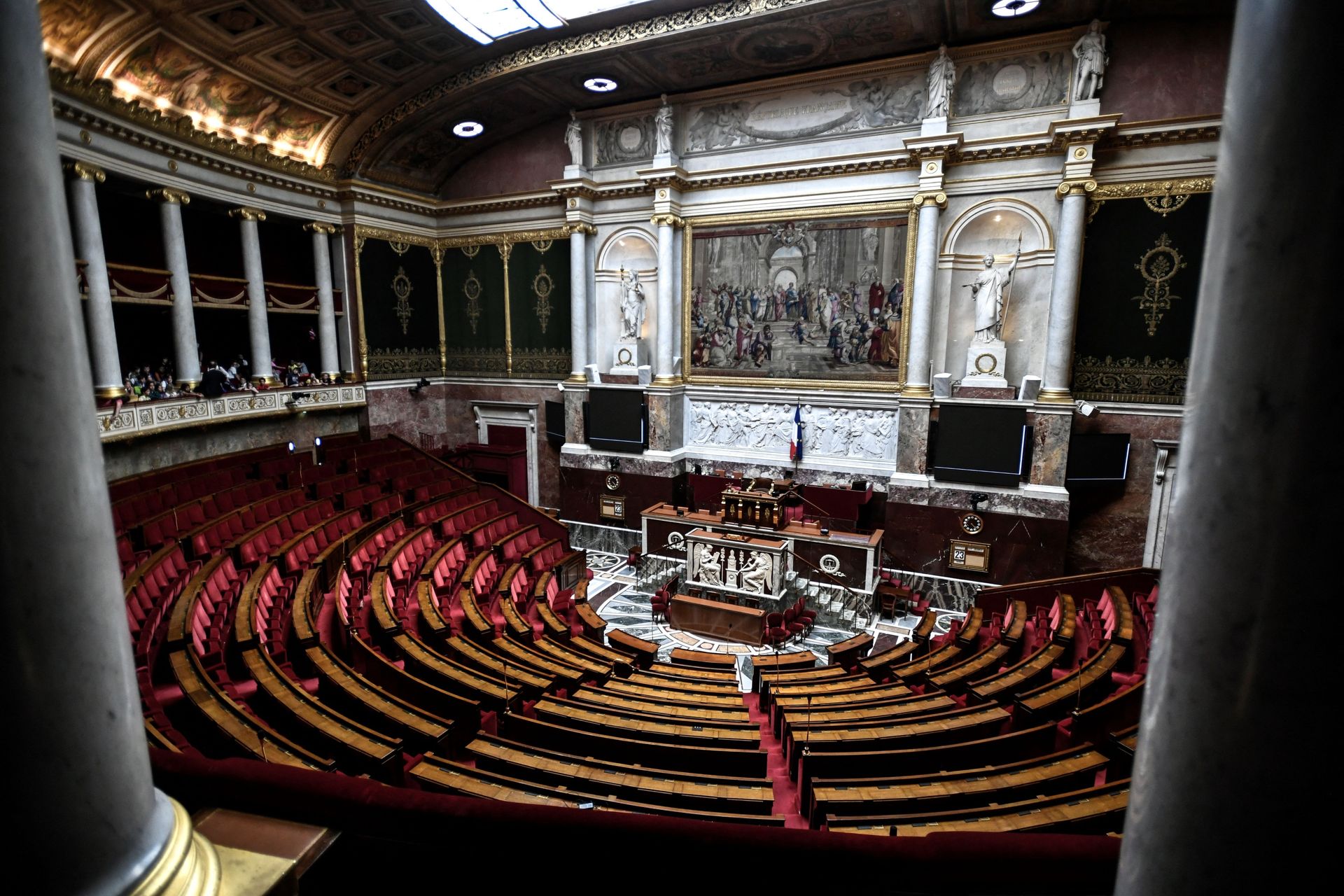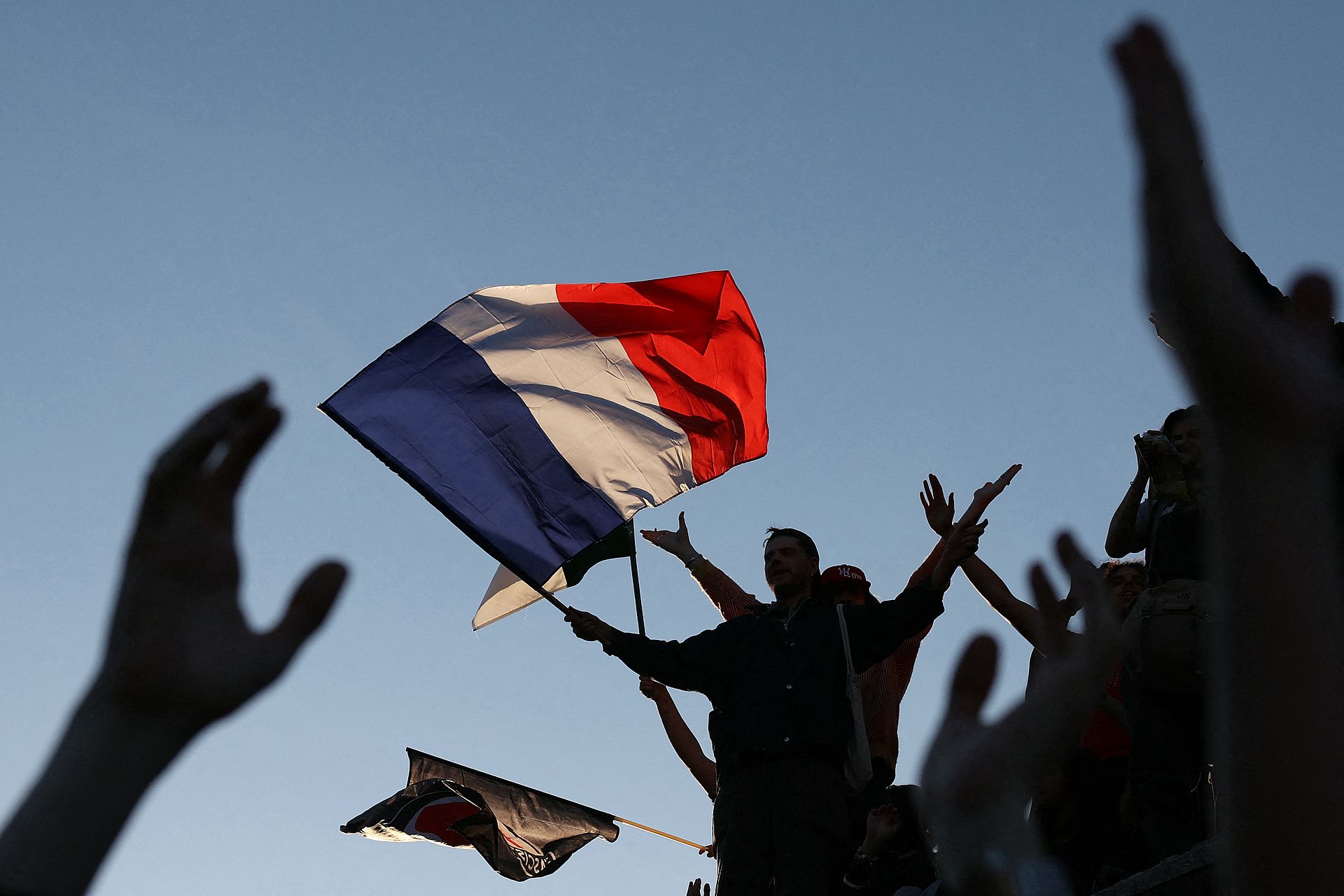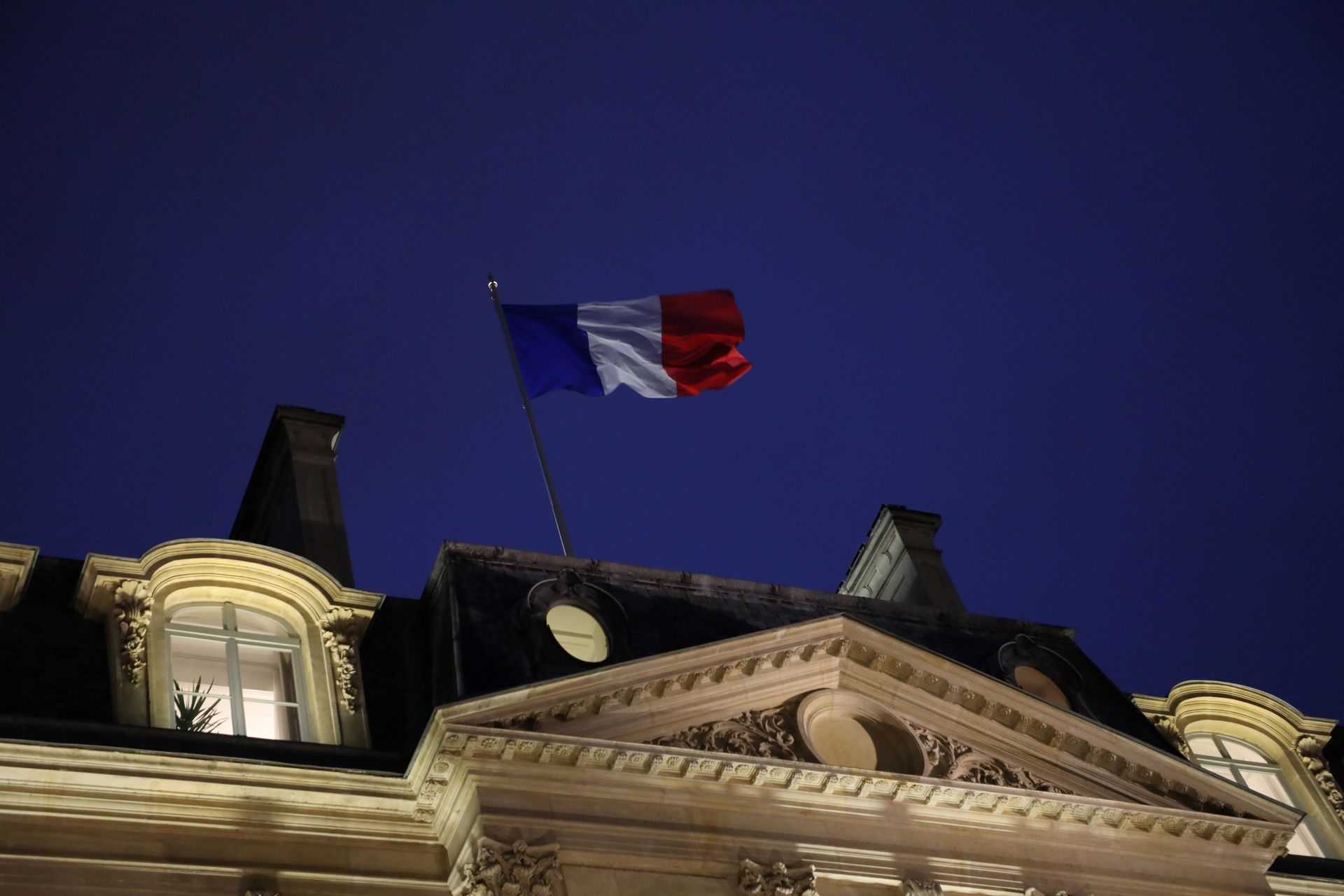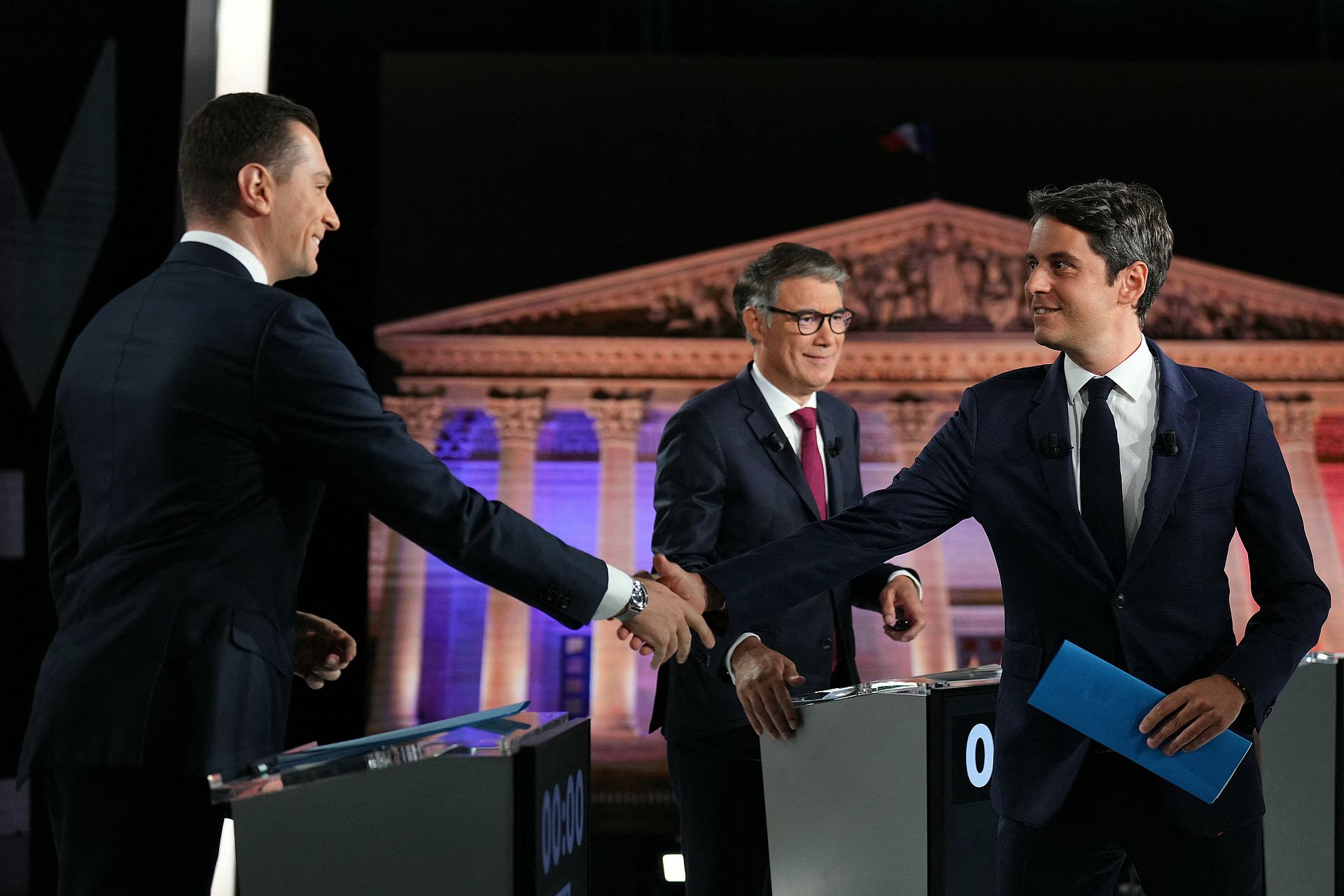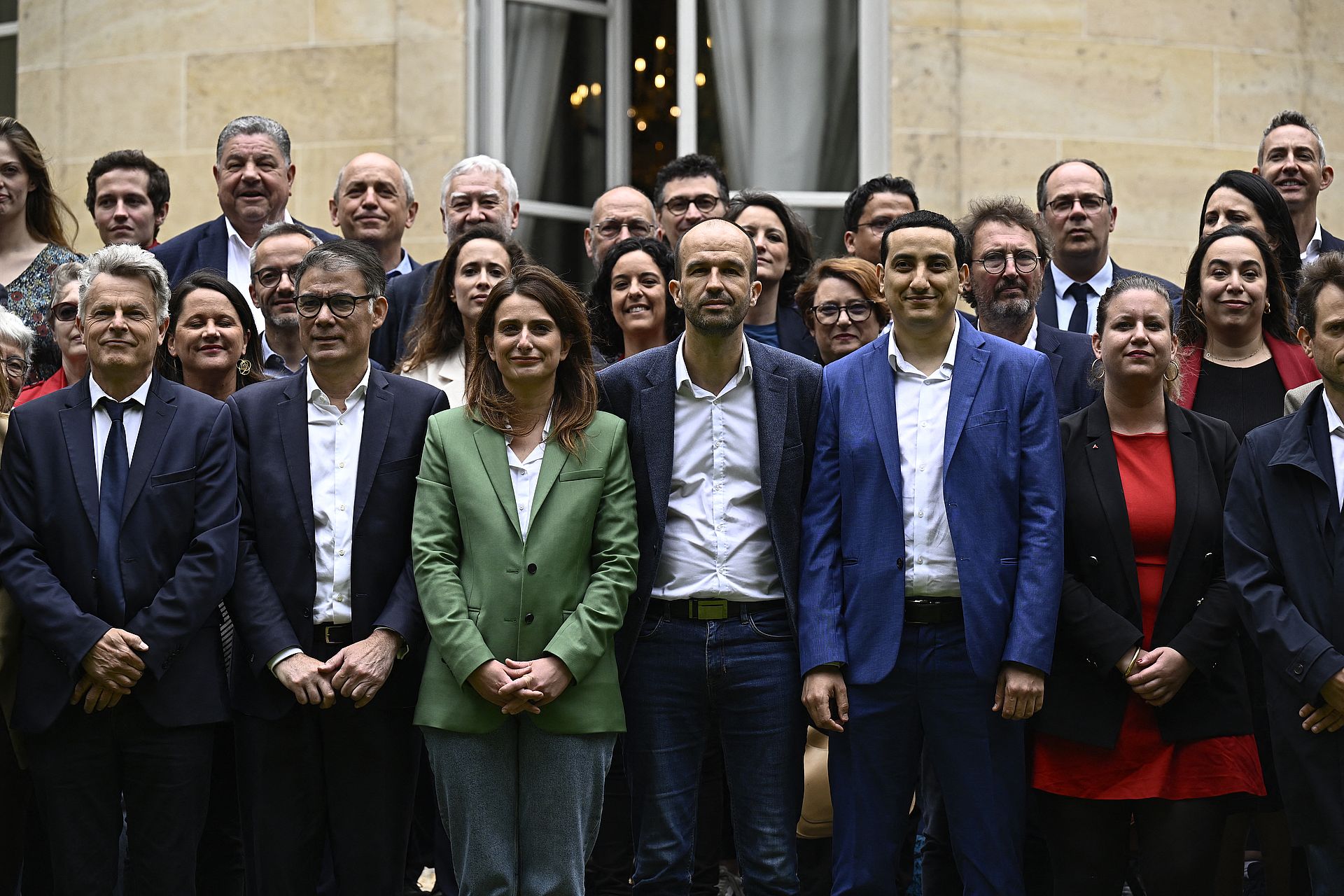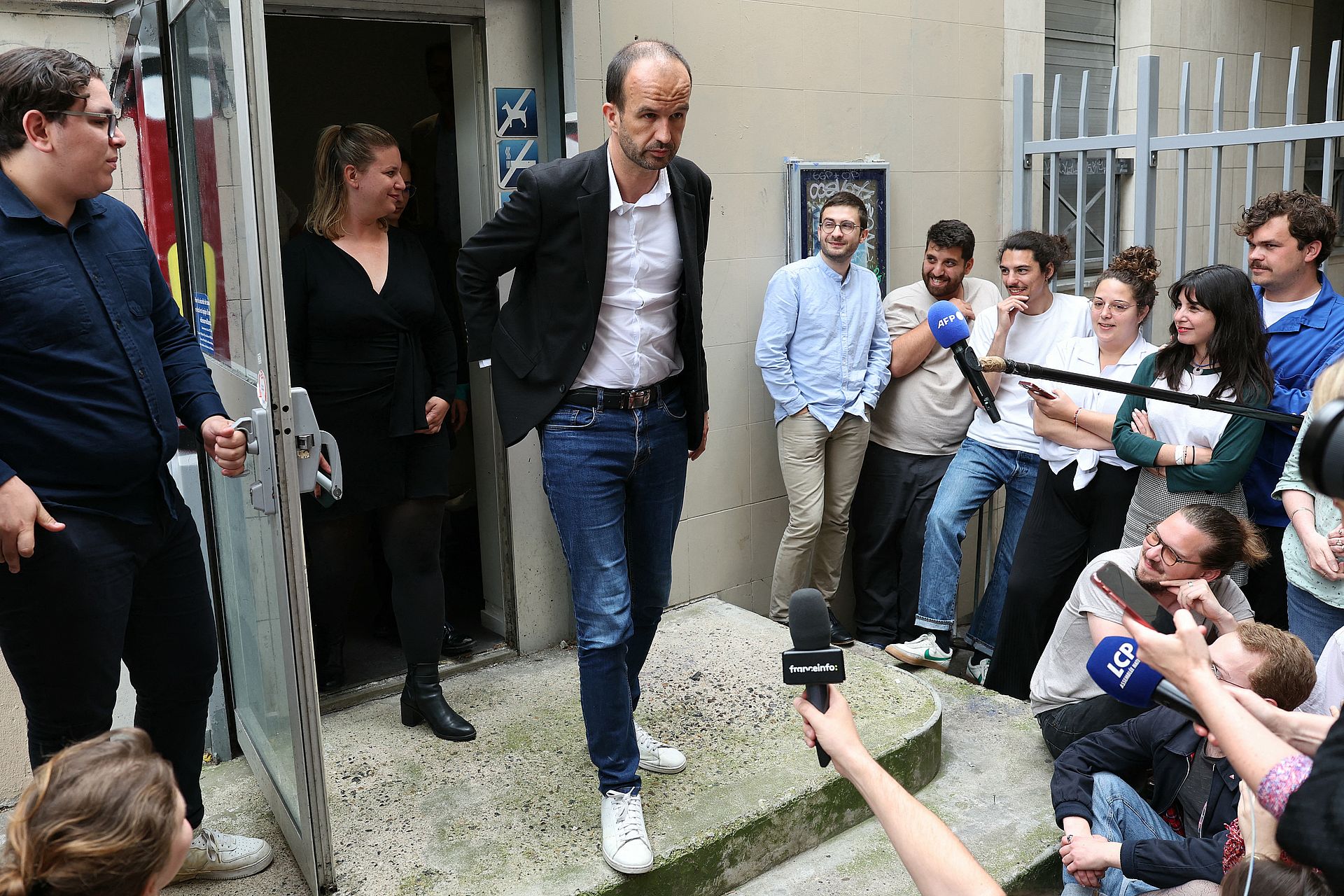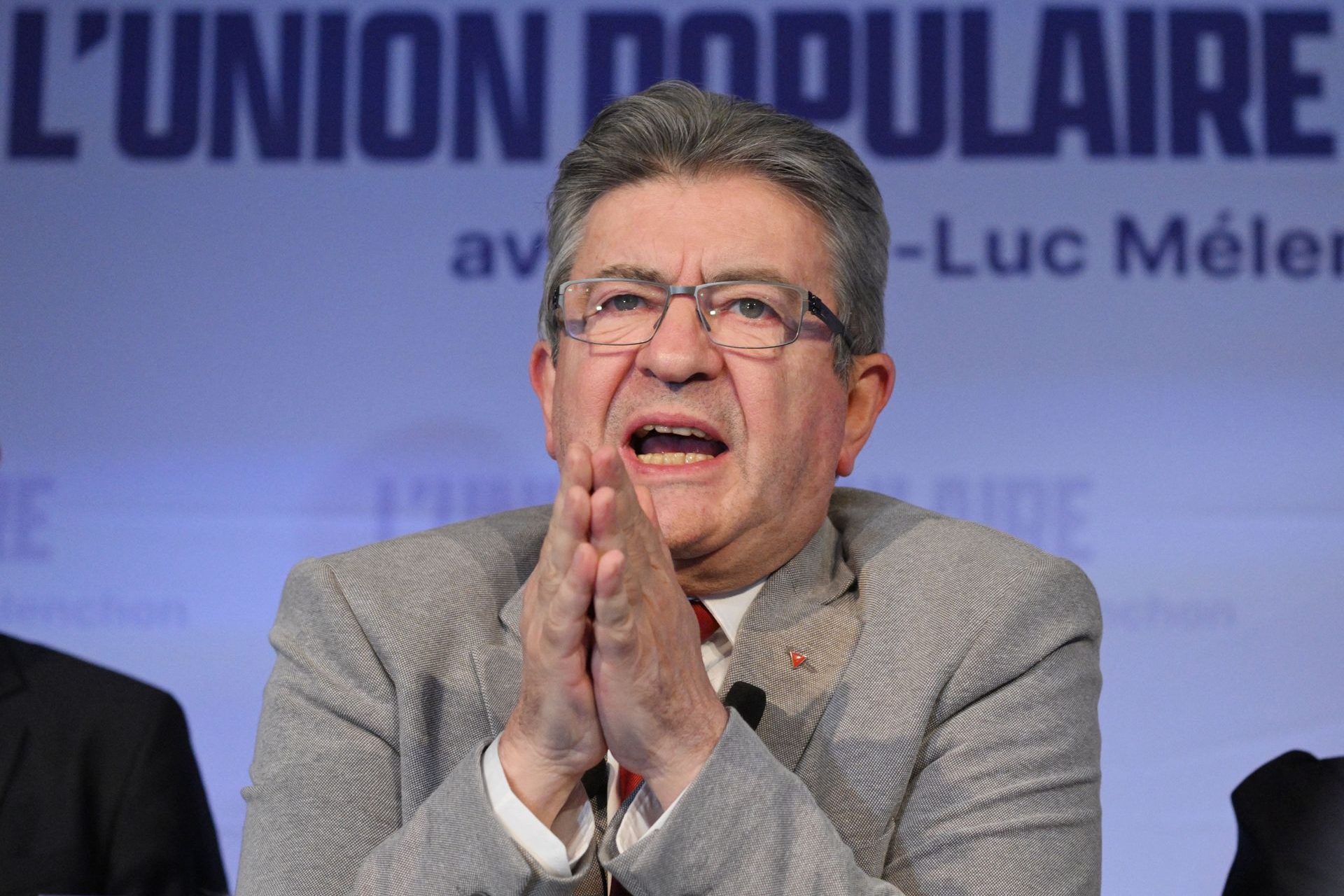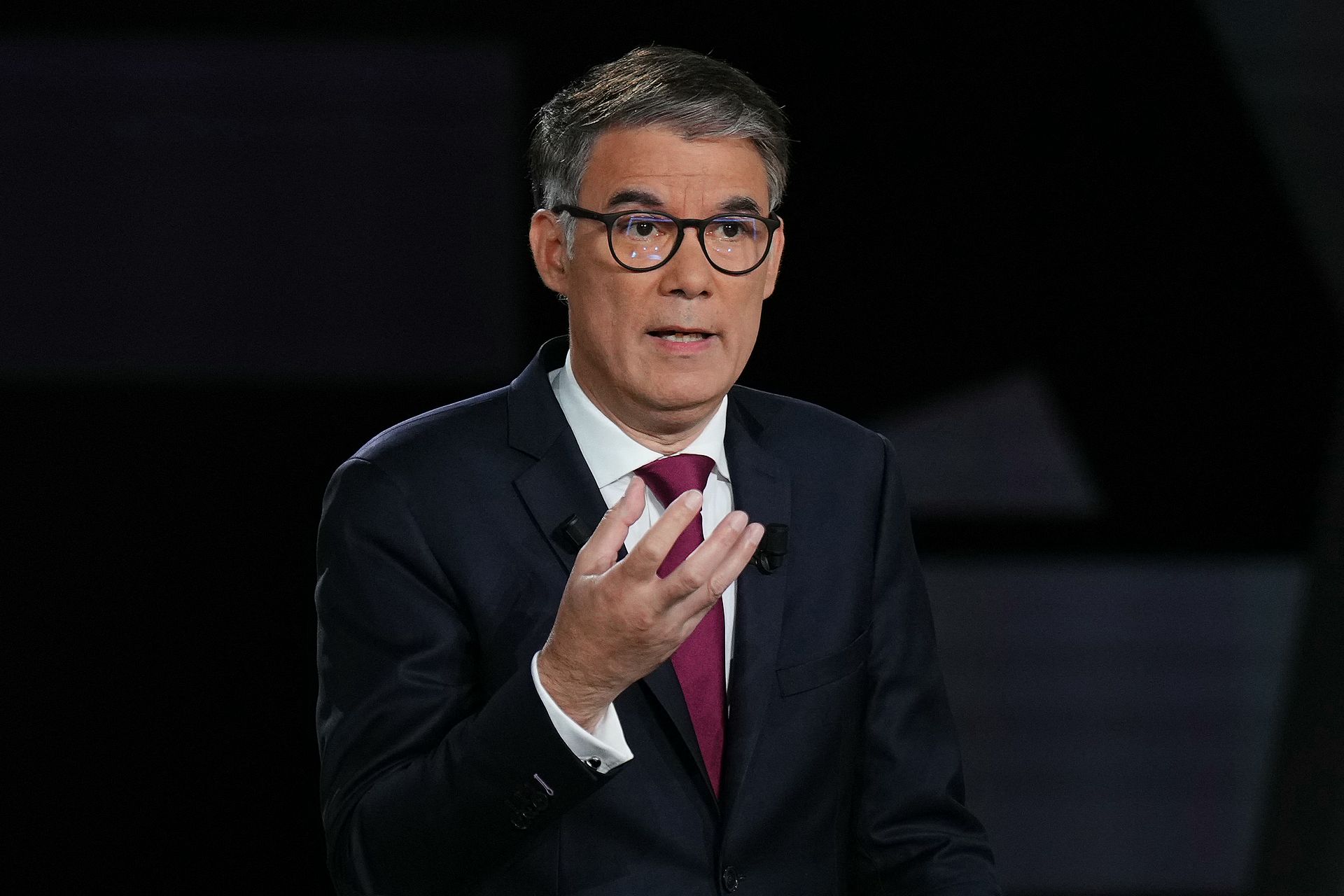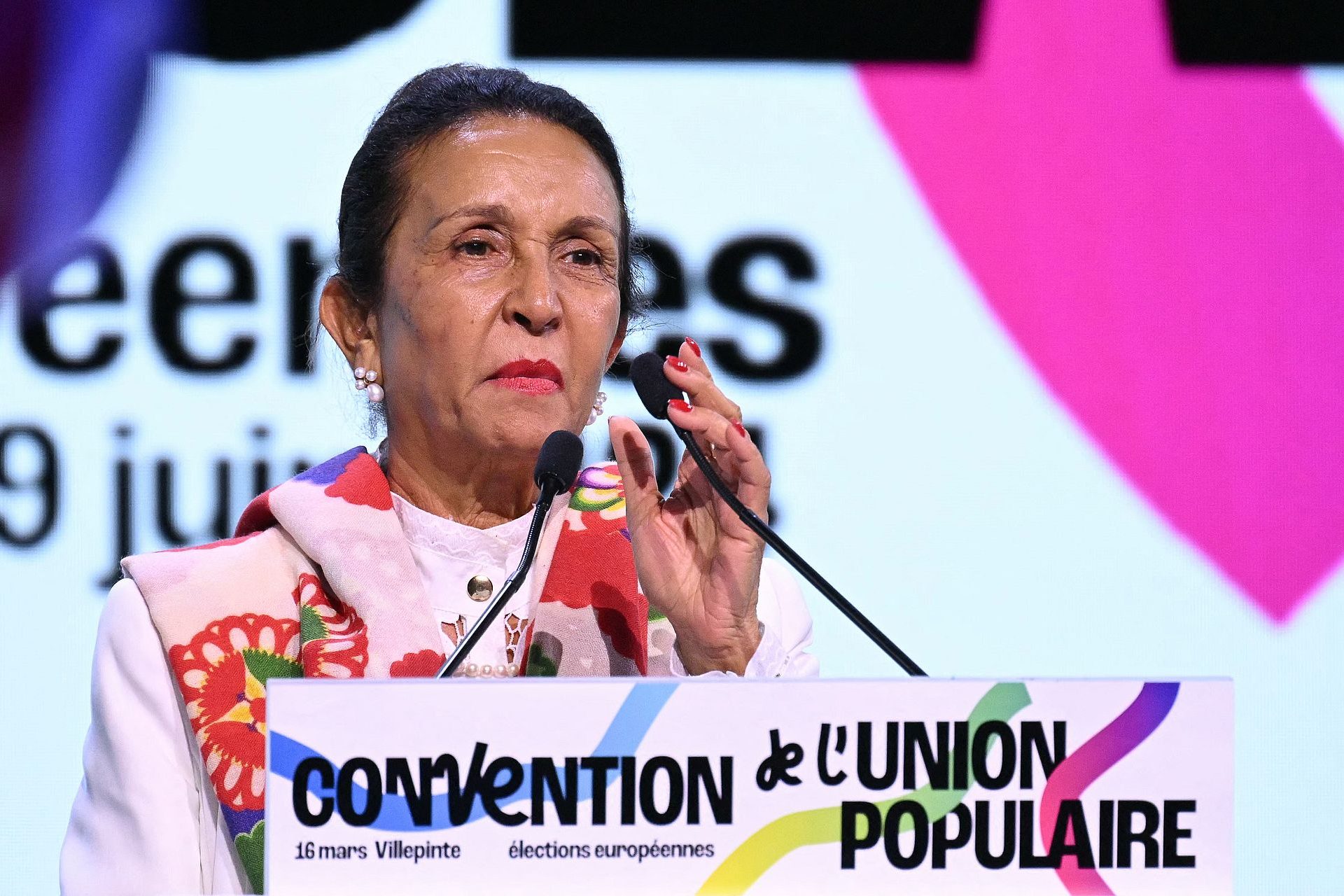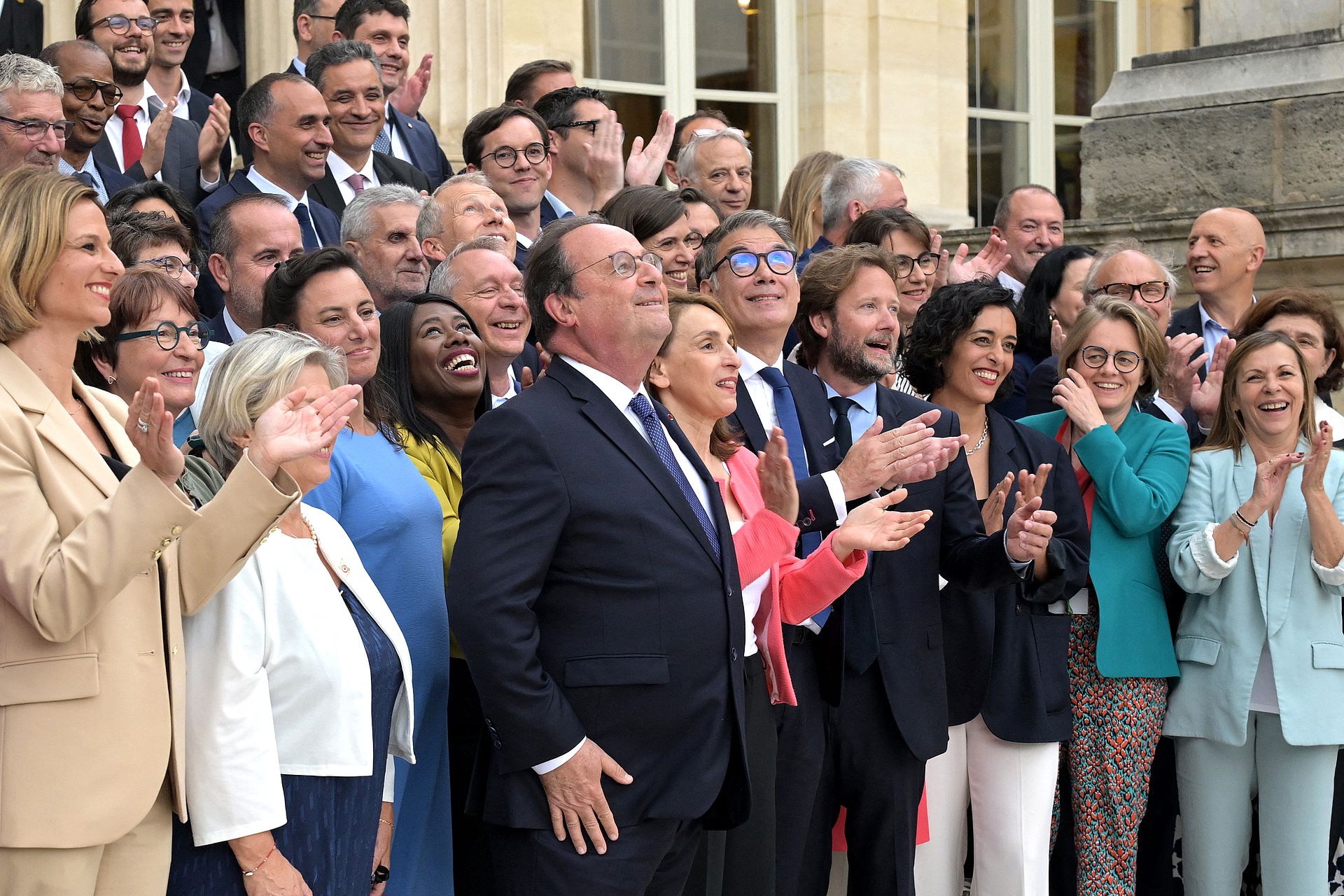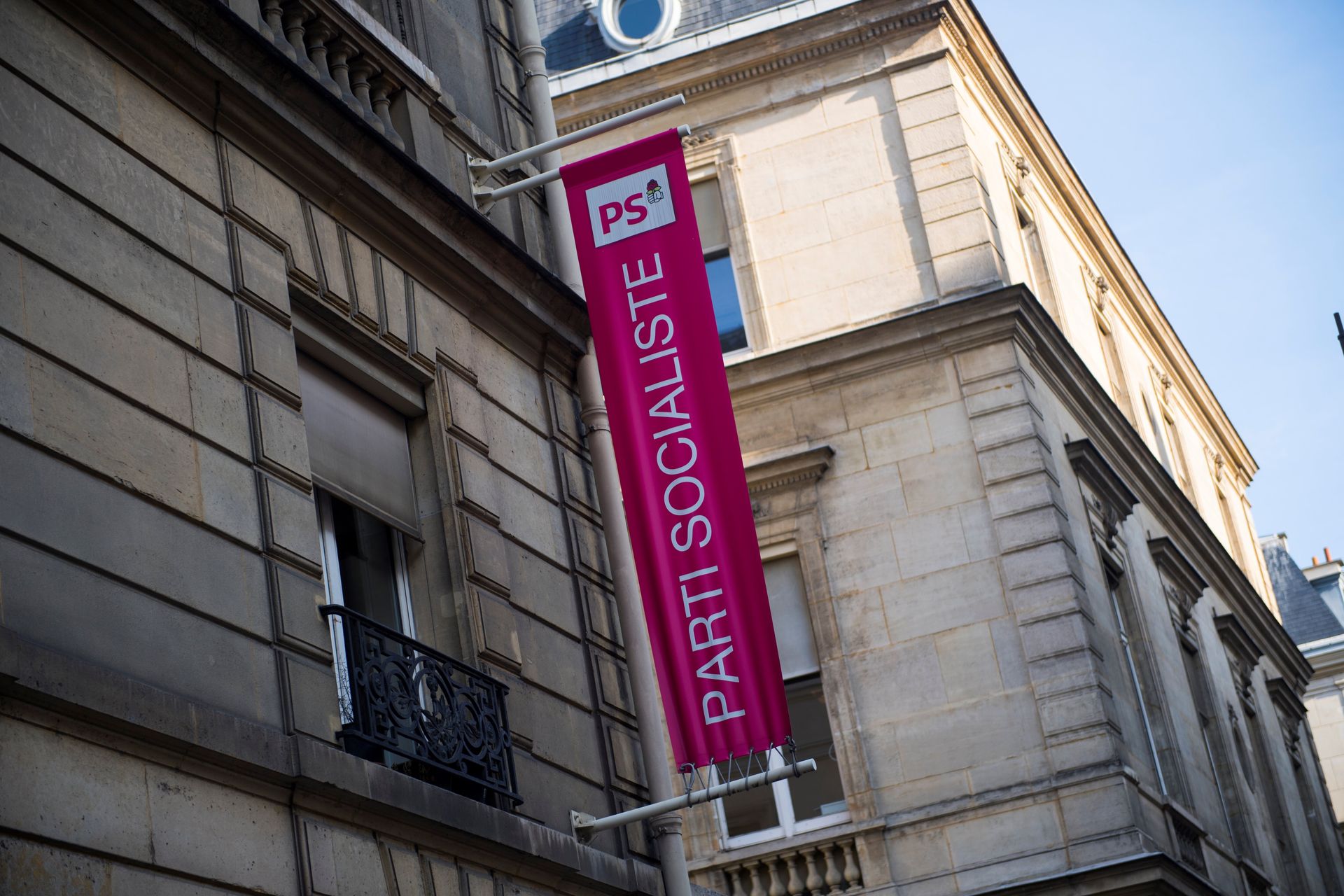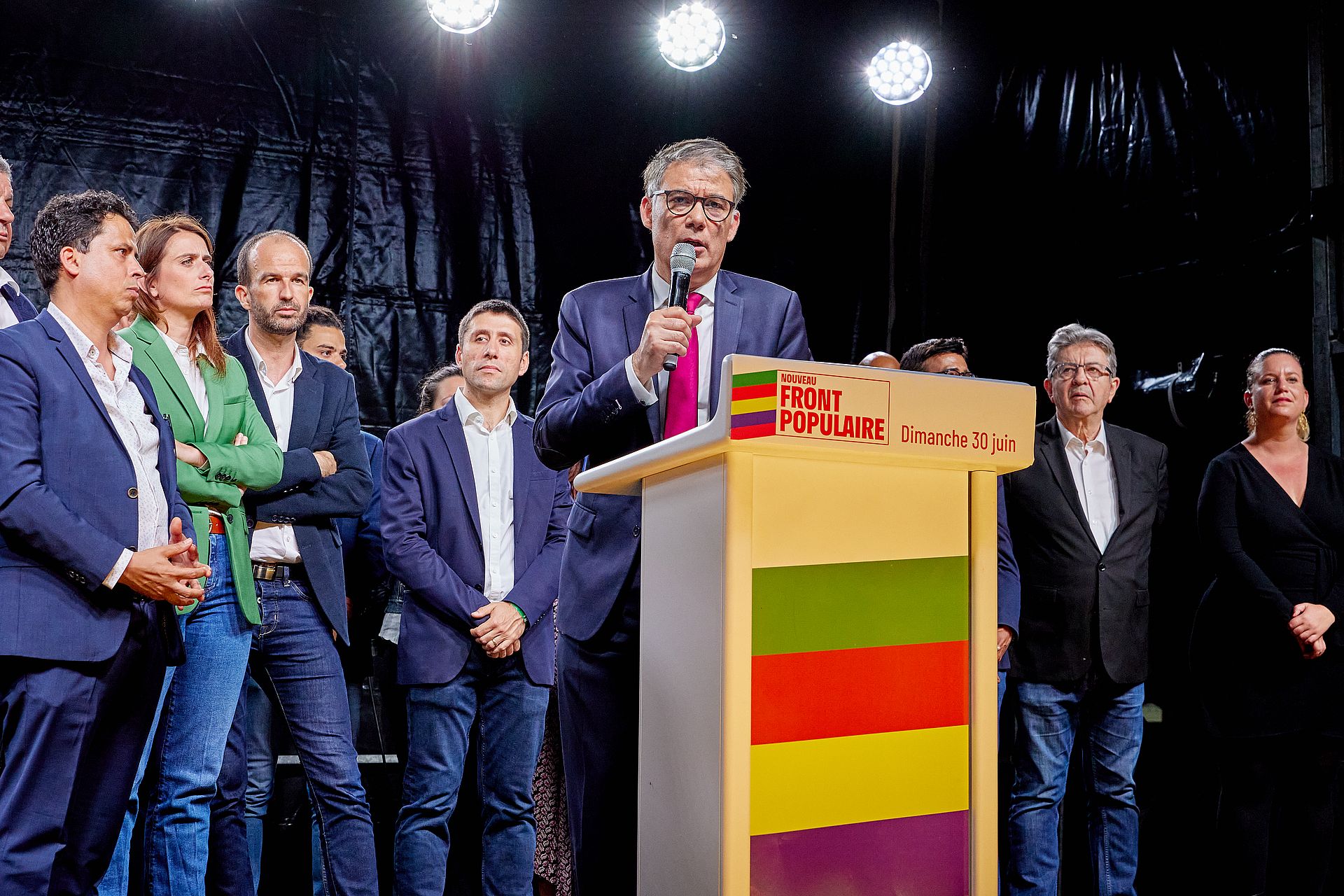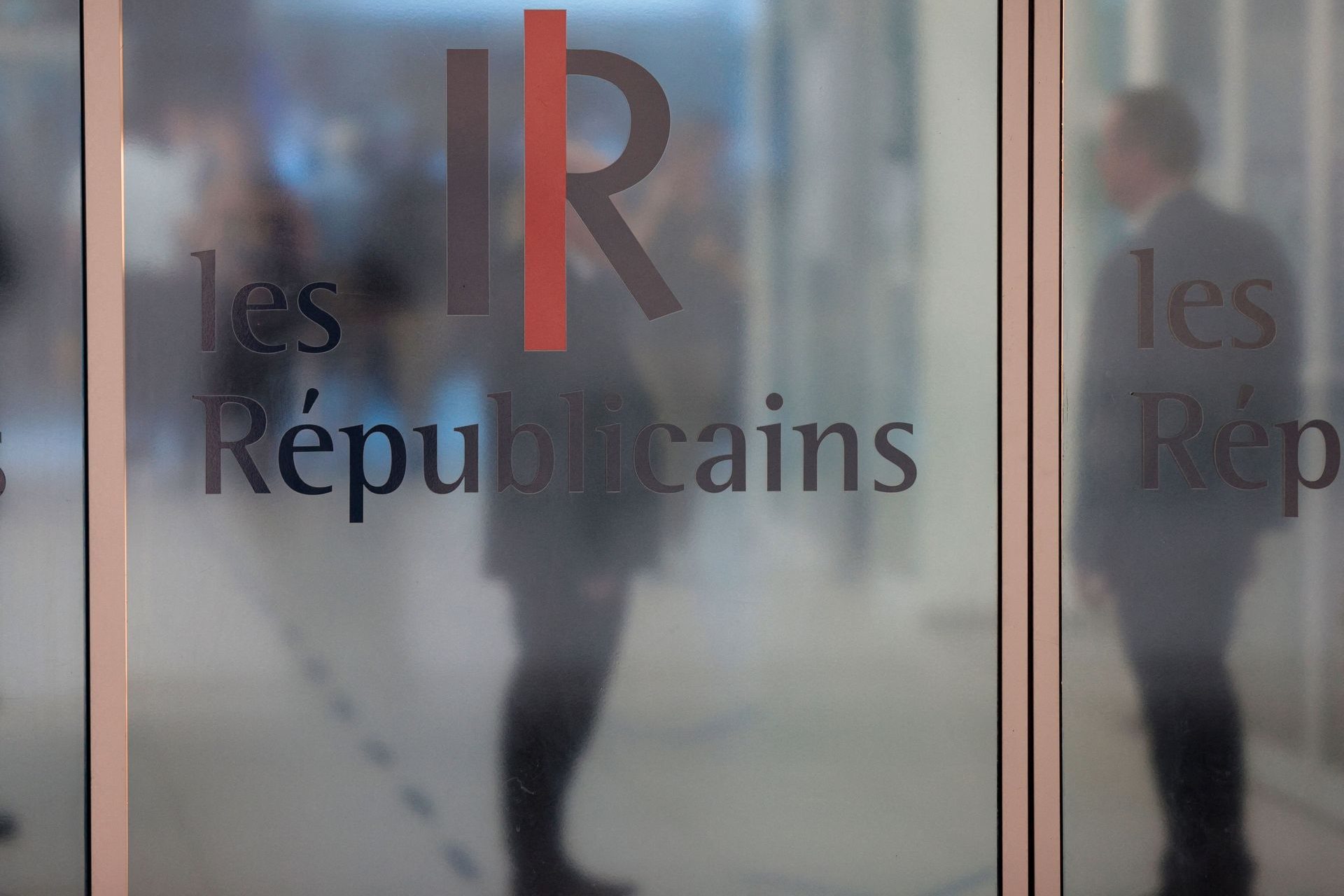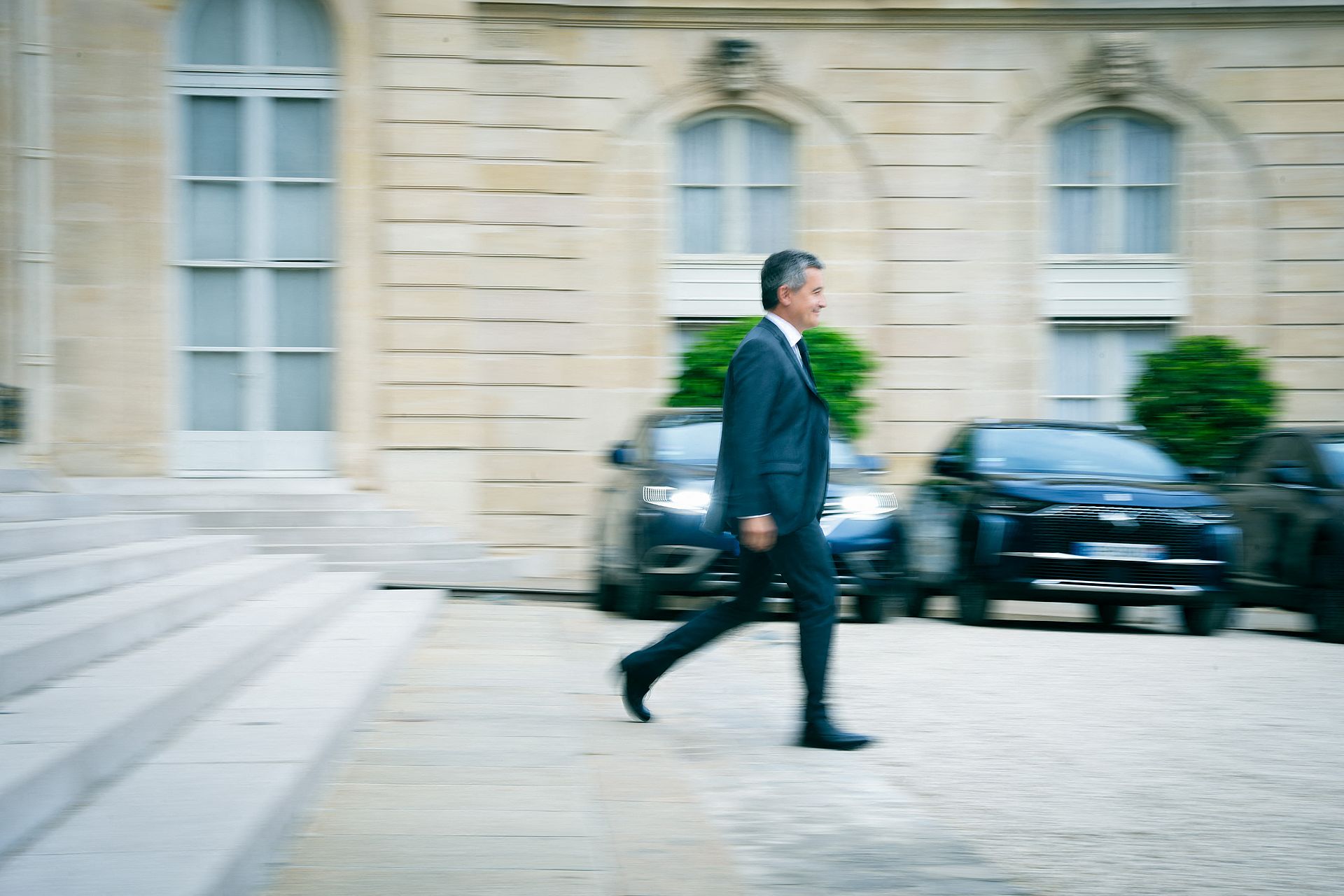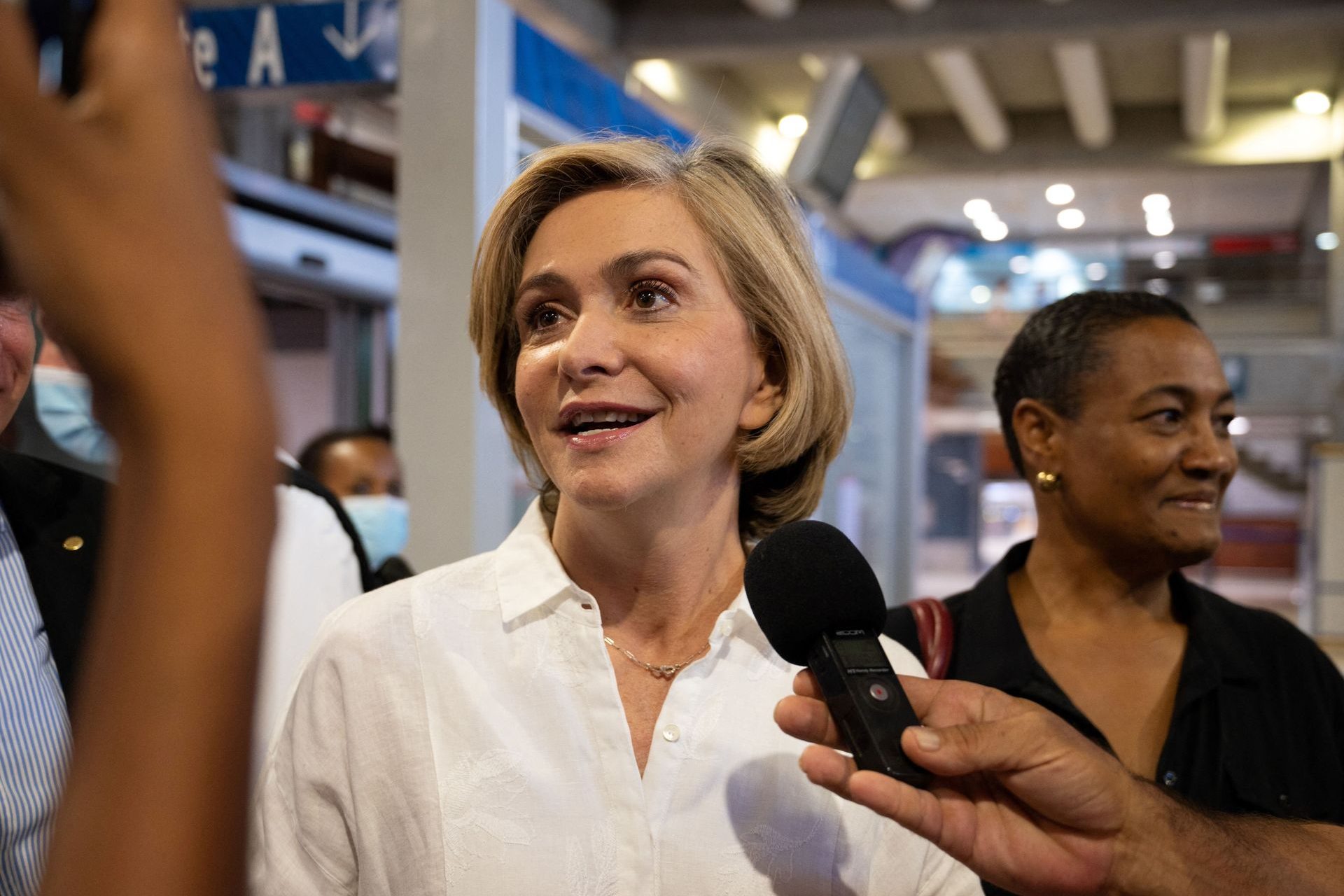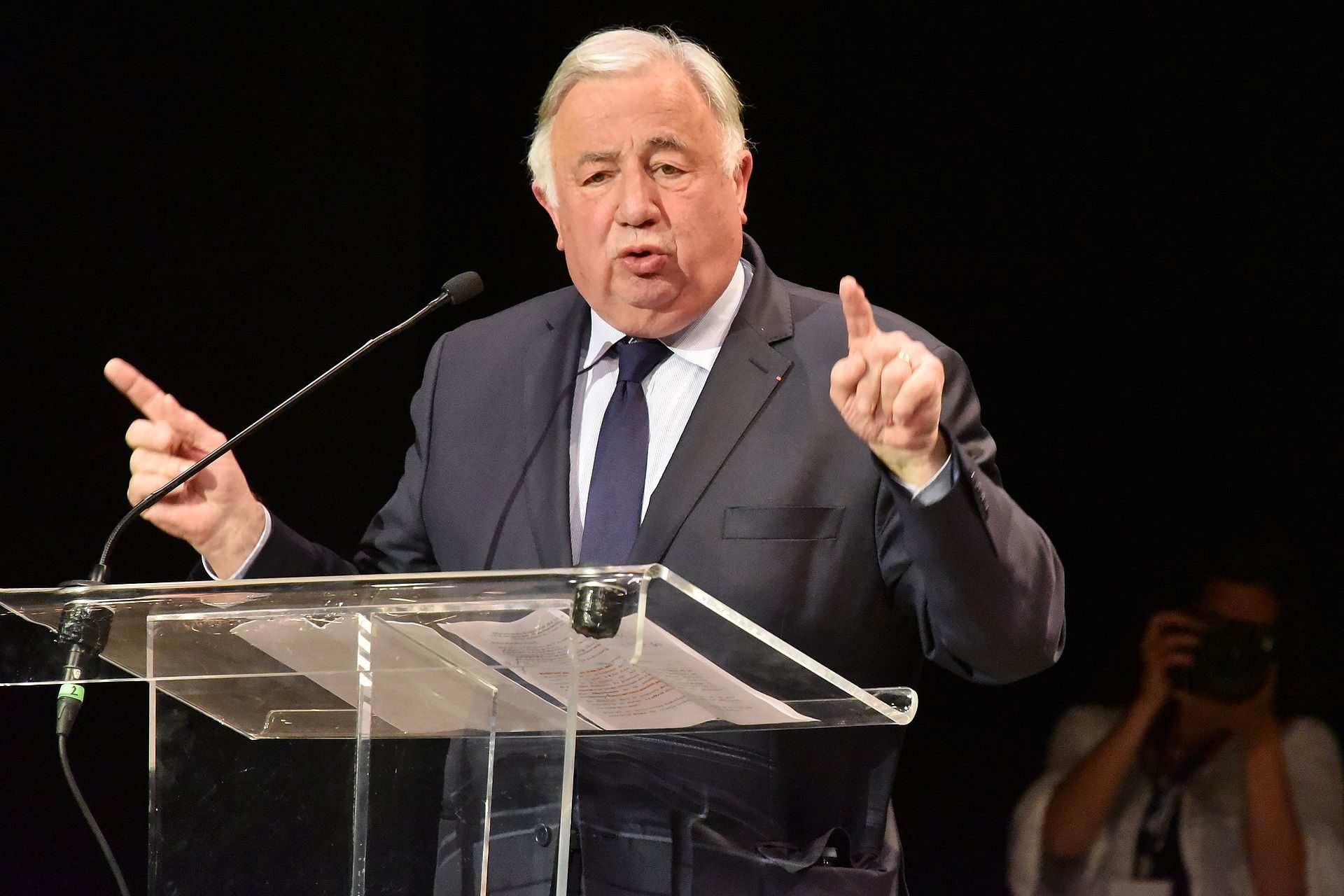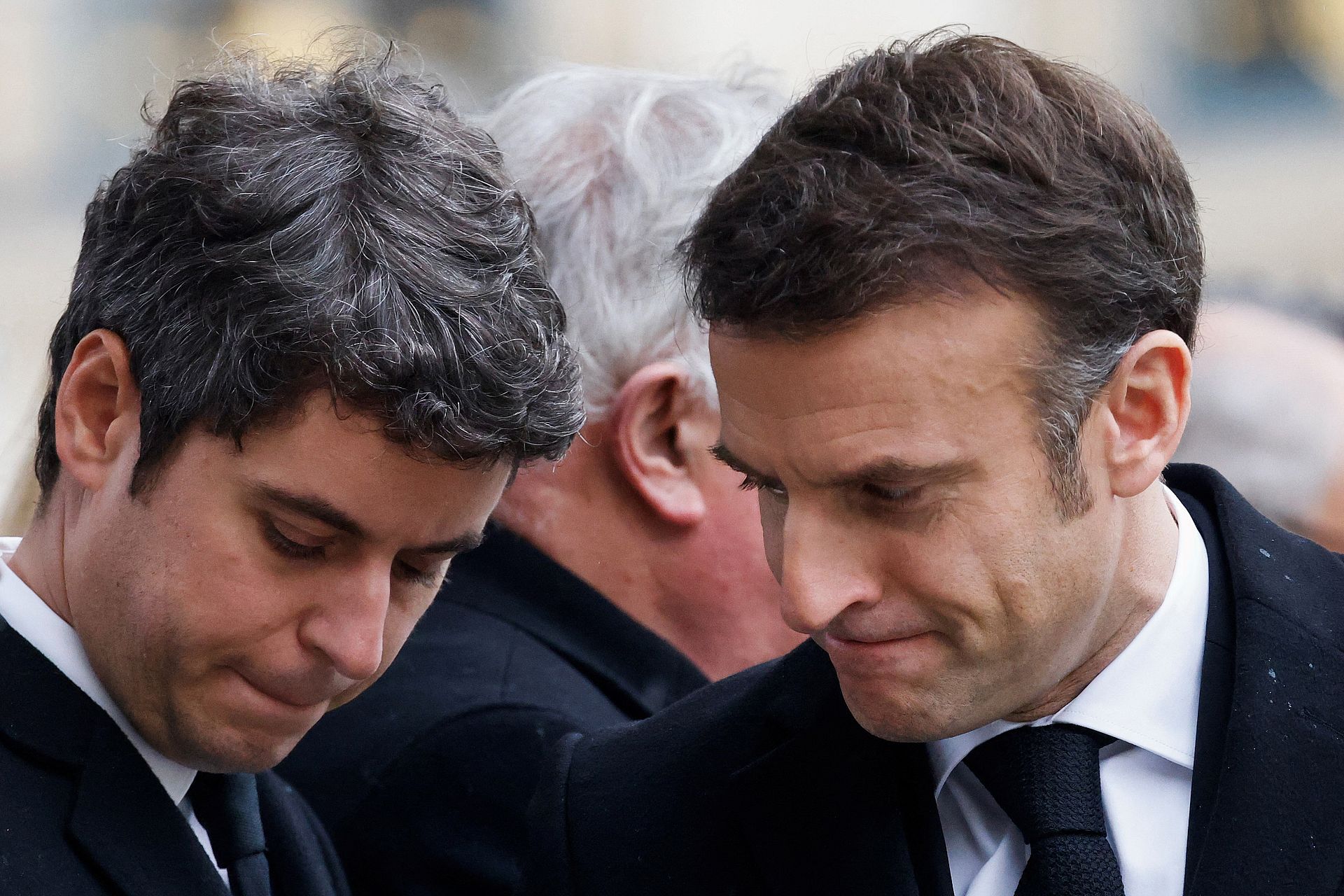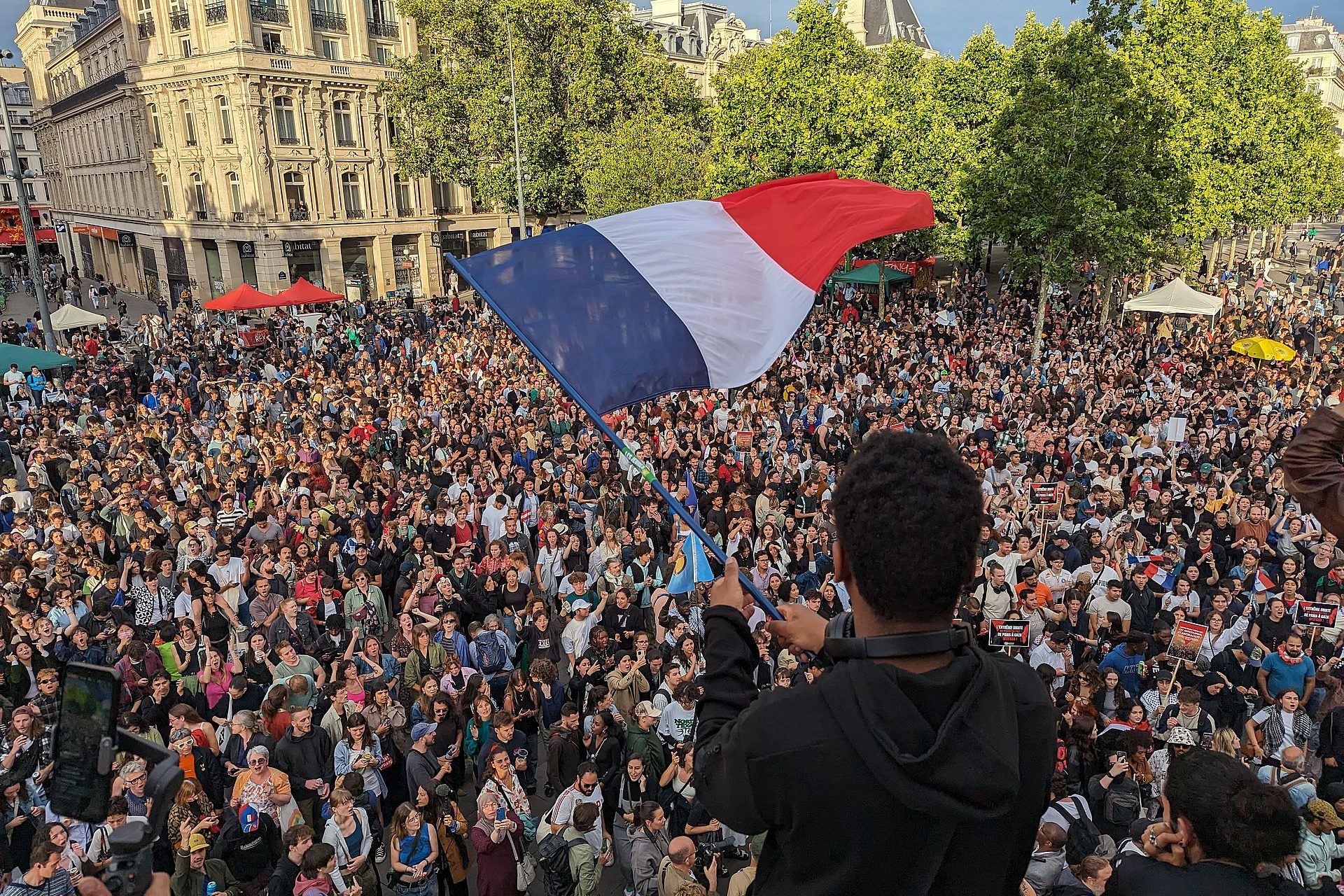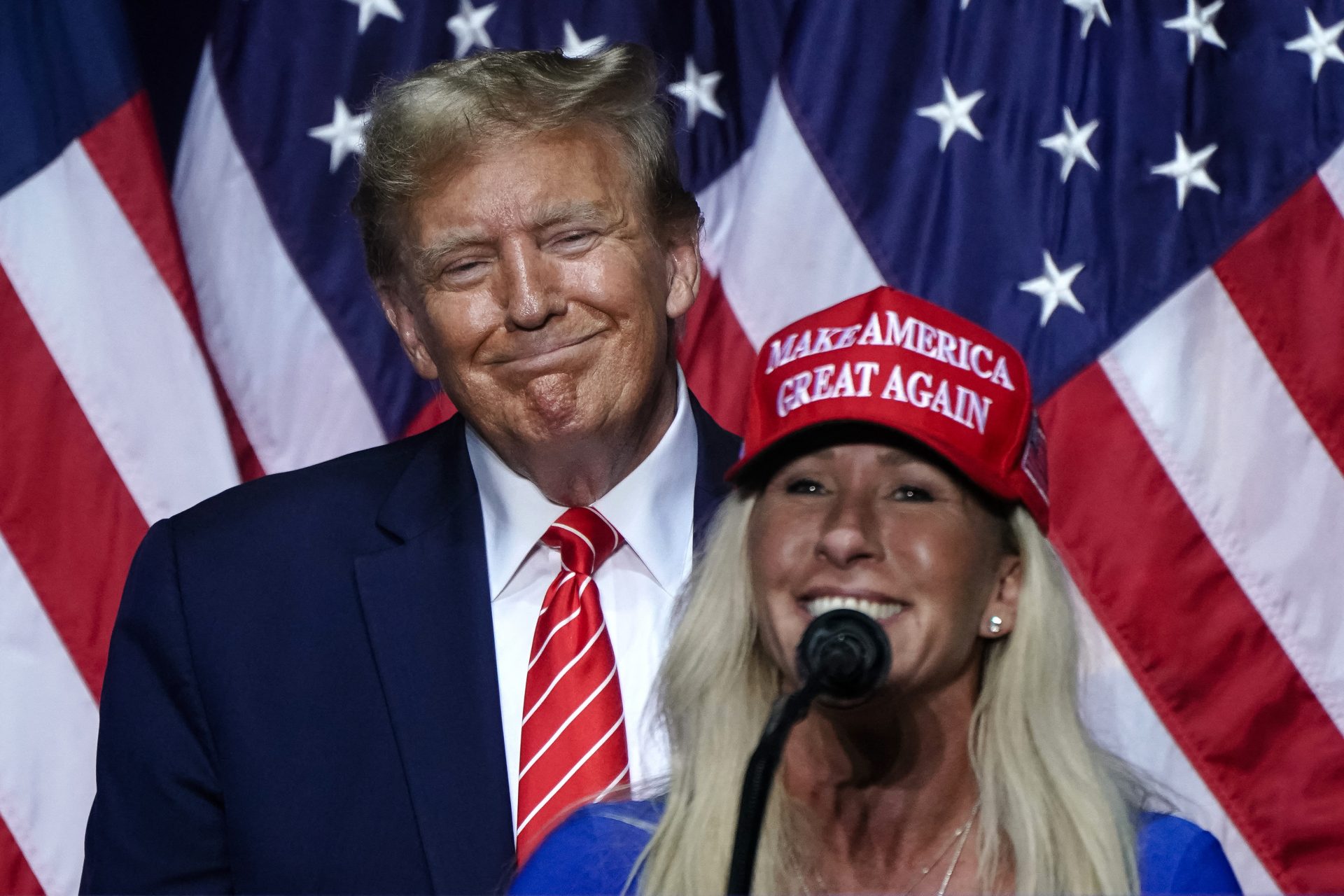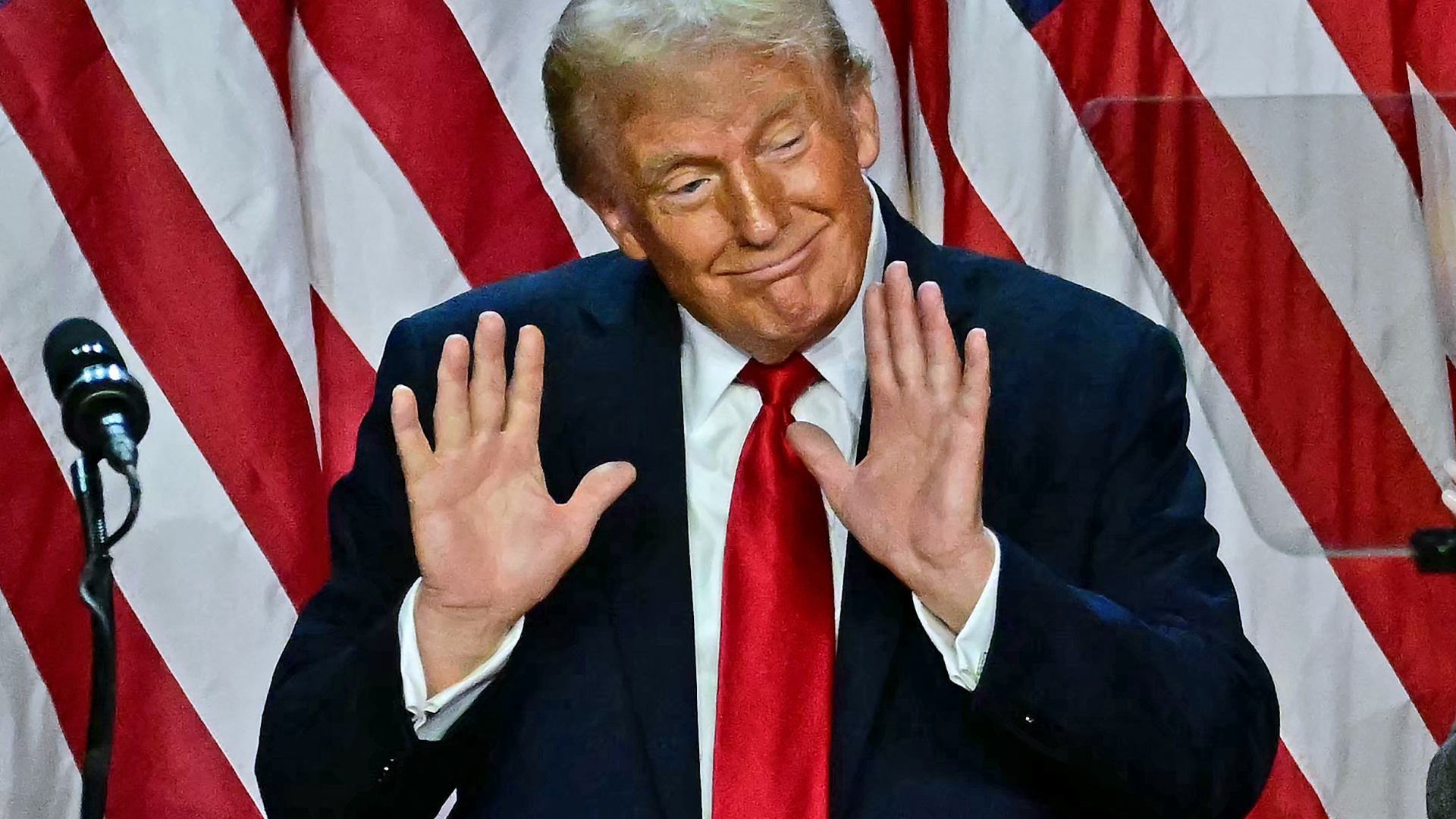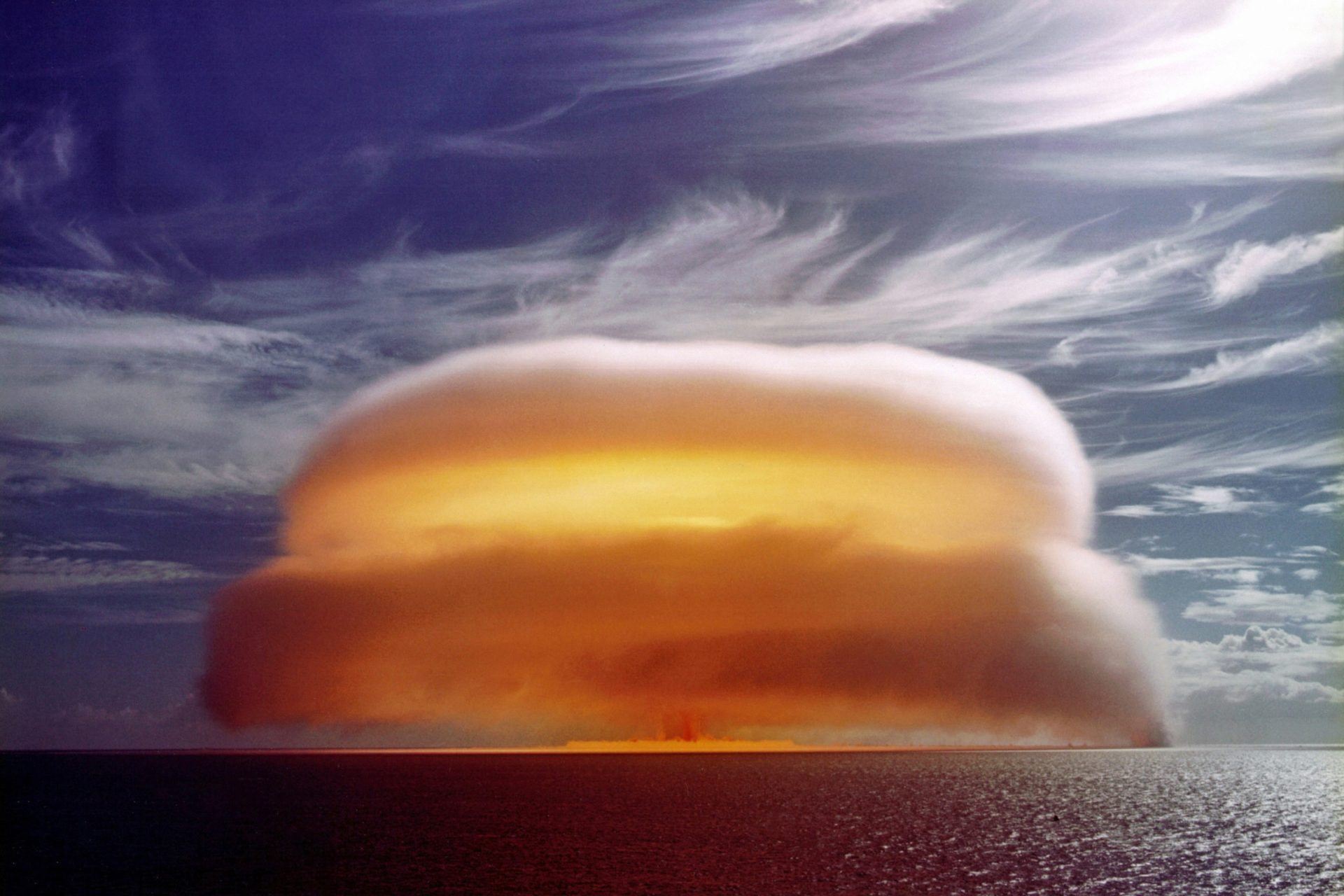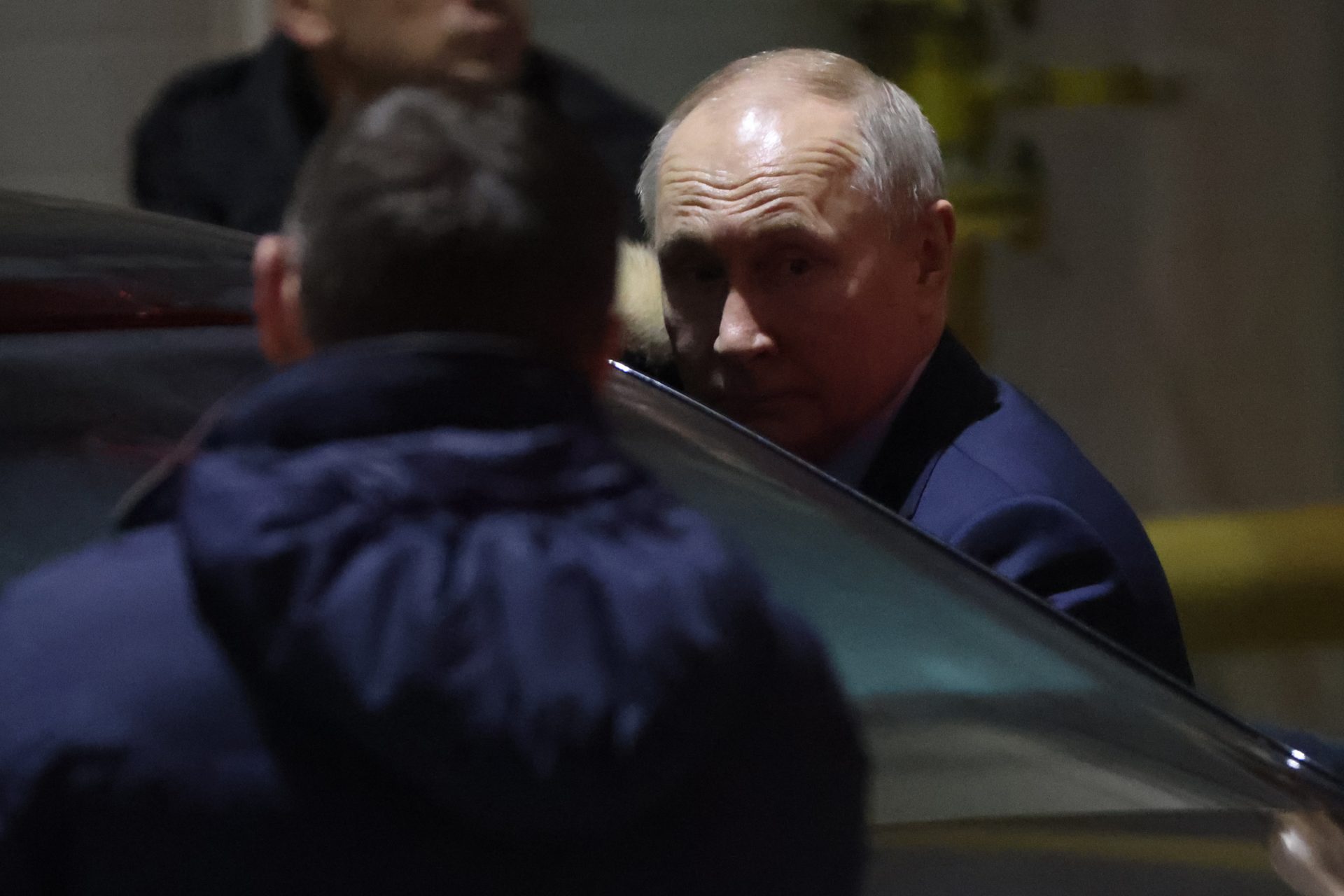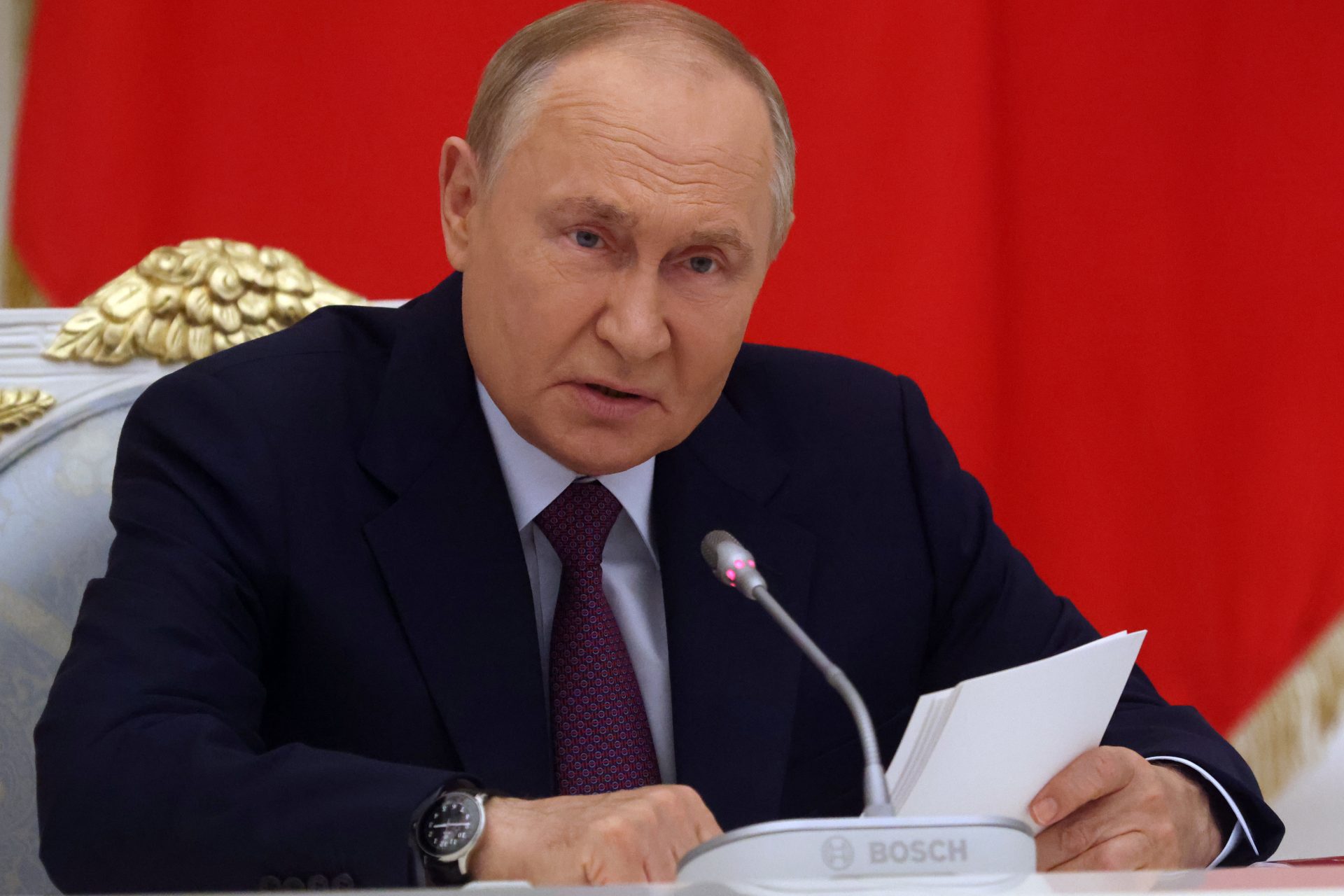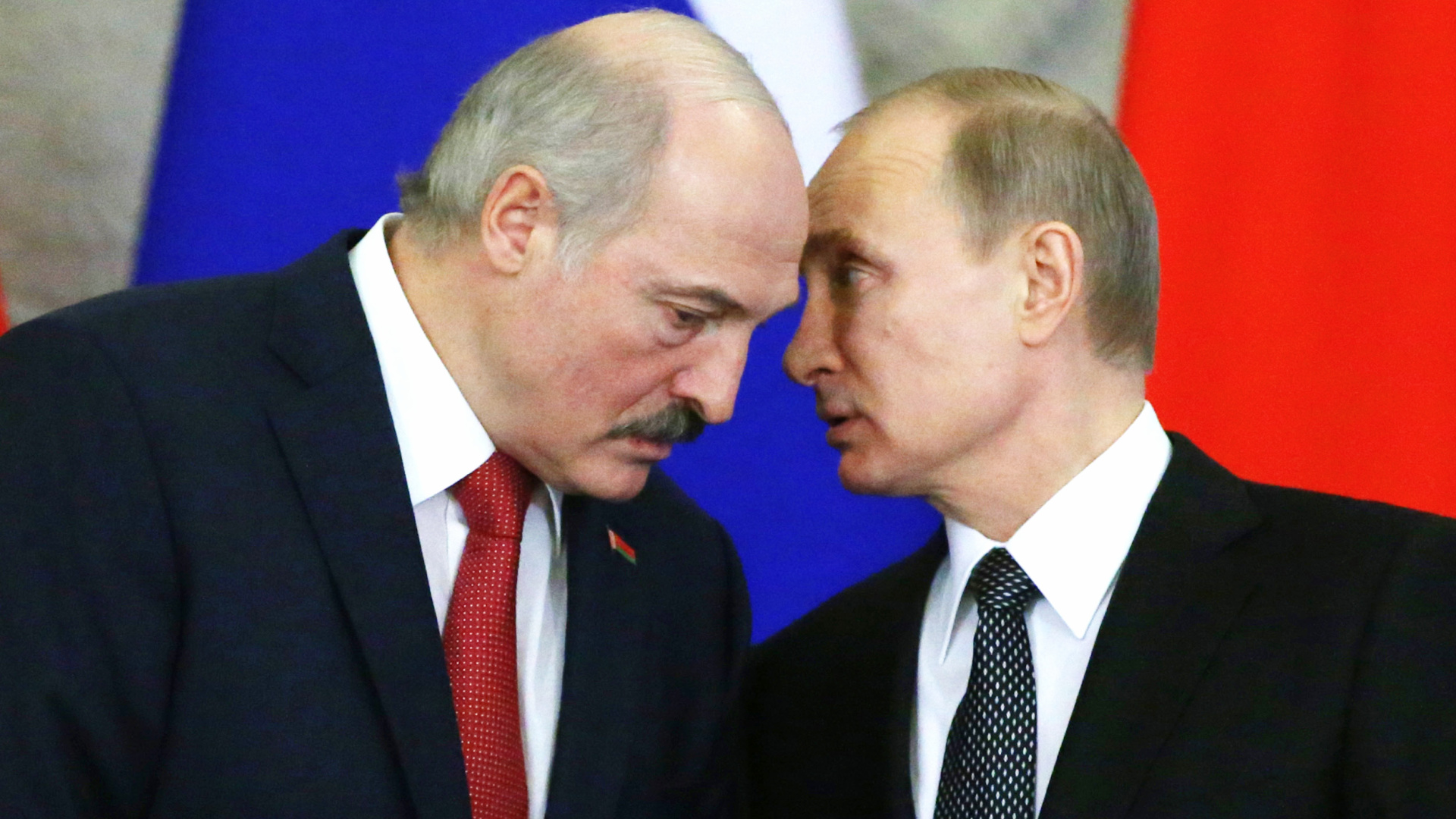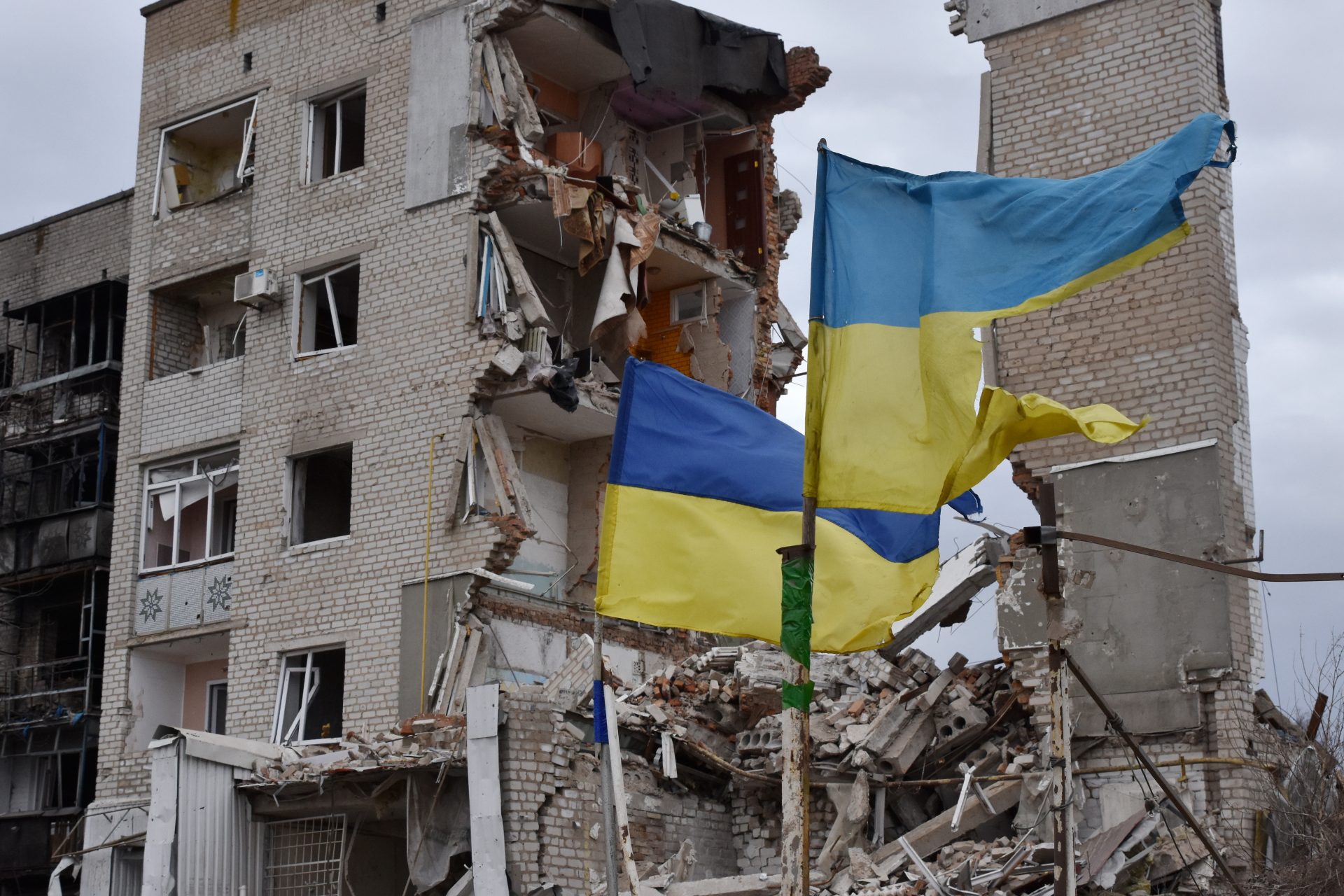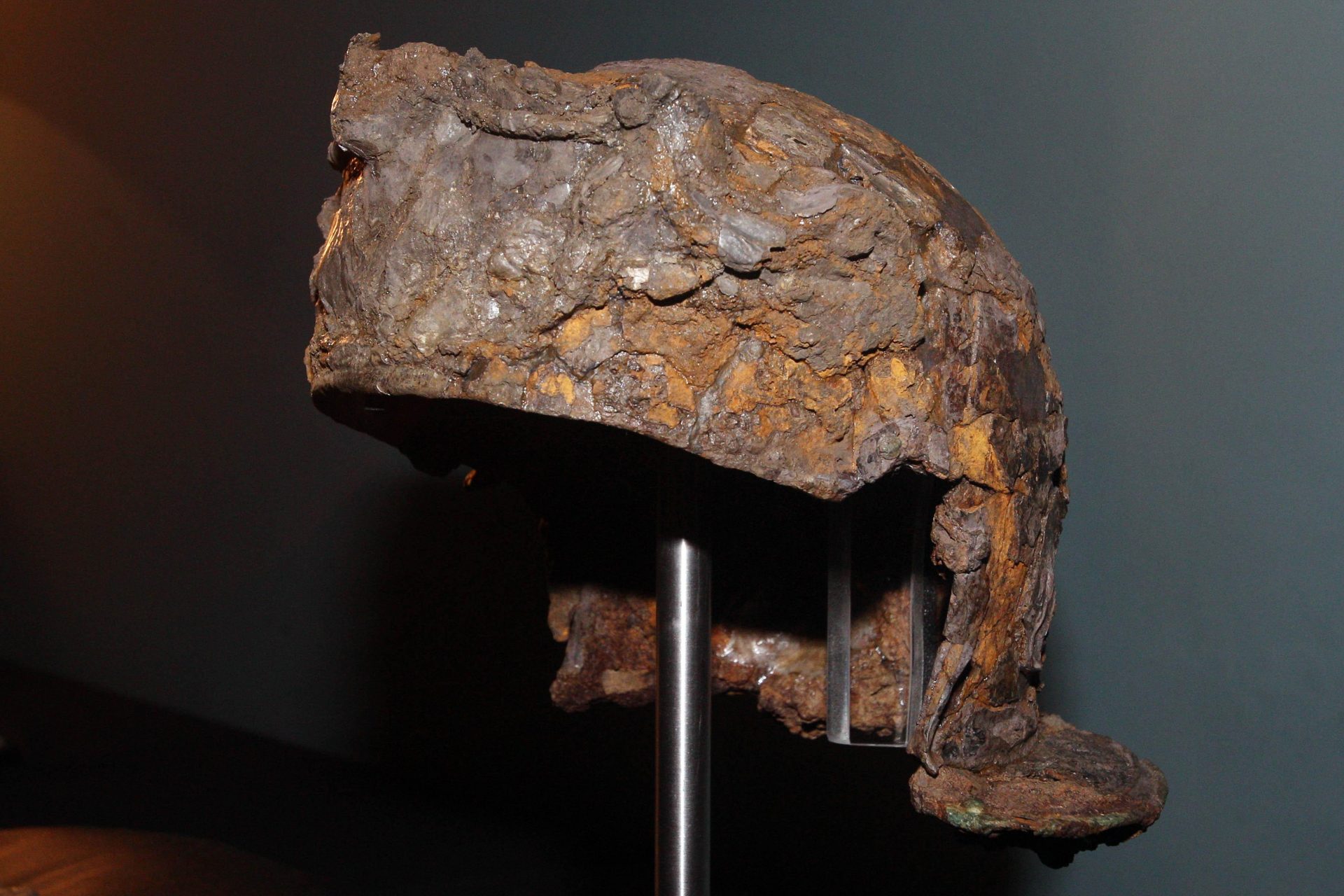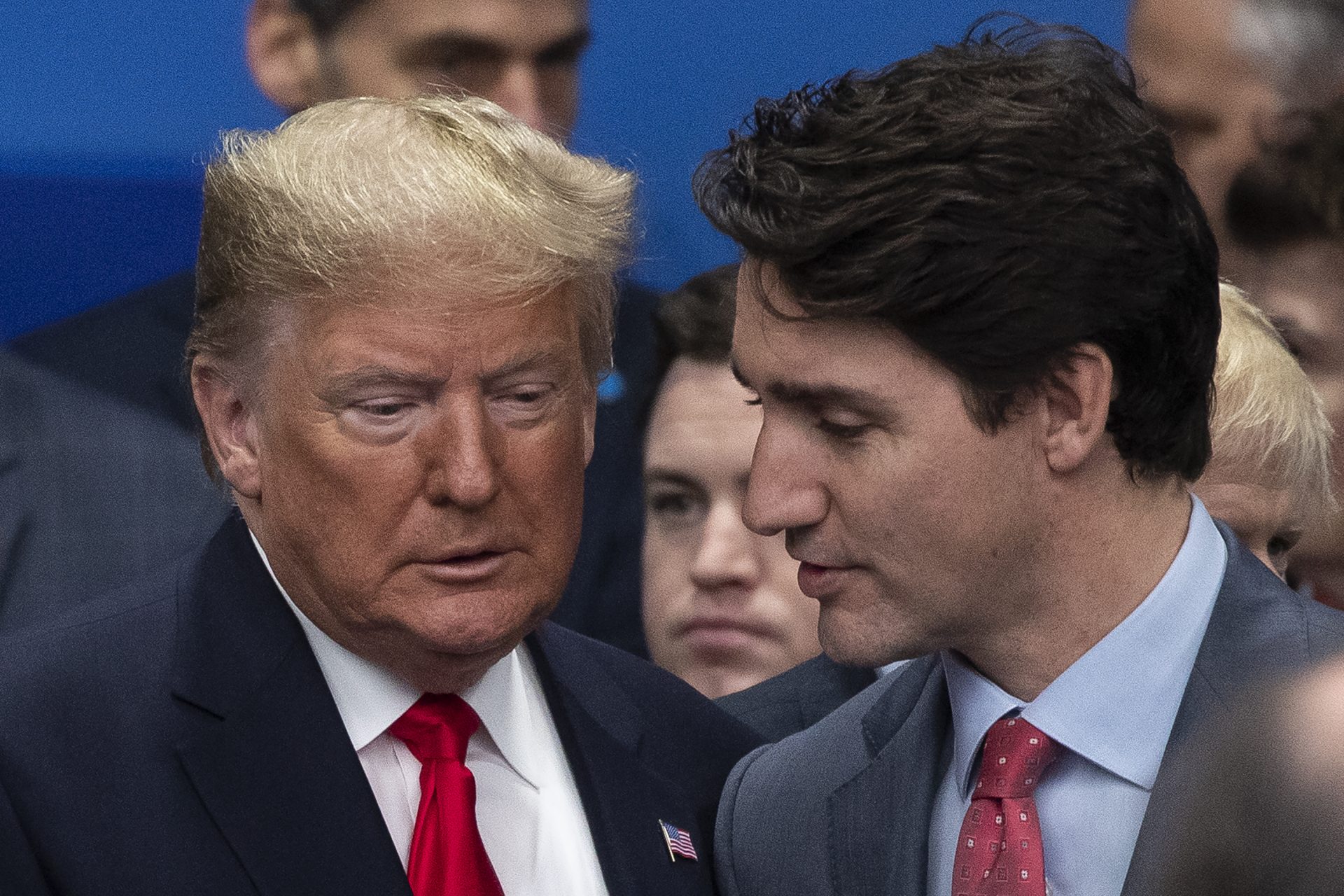France defeated the far-right, now the country doesn't know what to do
On July 7, the French people went to cast their vote in the second round of the country's legislative elections. With no clear majority, it's hard to say where one of the pillars of the European Union will go from here.
Here's what we know so far and what the French political outlook is looking like right now in the Paris government's future. Which of these possibilities will materialize?
In a letter addressed to the French people on July 10, President Emmanuel Macron broke his silence. He admitted that “no one won” at the polls.
Indeed, “no political force obtained a sufficient majority on its own and the coalitions that emerged from these elections are all in the minority,” added the French leader.
The choice is therefore today to be made between a minority government or a broader coalition including parties from different political blocs.
Emmanuel Macron has requested “all political forces that believe in republican institutions, the rule of law, the power of the parliament, and the defense of a Europe-oriented French independence, to engage in an earnest and loyal conversation to build a solid, pluralistic majority for the country”.
With the far-right National Rally boycotted by other factions, talks are taking place with political parties from the Left, the Center, and the moderate Right.
Coming first with 182 seats out of 577, the New Popular Front (NFP), a coalition of the main left-wing parties, has been demanding the prime minister position and the application of its political manifesto since the elections.
However, internal divisions within the NFP, particularly between the Socialist Party (PS) and France Insoumise (LFI), did not allow a consensus candidate to be picked for Prime Minister.
The main left-wing party in the National Assembly (75 deputies), LFI wanted a Prime Minister from its own party. One of the proposed names is the controversial party leader Jean-Luc Mélenchon.
On the PS side, the party's first secretary, Olivier Faure, has been mentioned. Former French President, François Hollande, has also been singled out in party conversations.
With no agreement between left-wing parties, the name of Huguette Bello has also popped up as a potential consensus candidate. She's the leader of the overseas territory of Reunion, overseas, and an obscure figure outside the island.
However, as the French Newspaper Le Monde points out, the governor of Reunion ended up refusing the proposal, arguing that her nomination is “not the subject of a consensus between all the components of the New Popular Front, and in particular that it is not supported by the Socialist Party”.
Indeed, some consider “that the party which won the European elections is the Socialist Party. The party which increased its seats in parliament by 110%”, declared Olivier Faure, quoted by France Info.
The head of the Socialist Party has considered the demand for a Prime Minister from his own ranks in lieu of Huguette Bello as legitimate. Tensions between socialists and its coalition partners continue.
Another possibility is a center-right coalition, made up from Macron's coalition, plus the Republicans (LR) and their allies. These parties together have 231 deputies, a relative majority which is greater than the number of MPs belonging to the NFP.
Leaders of the right-leaning Macronism, such as Édouard Philippe or Gérald Darmanin, have called for the formation of such an alliance.
Some high-ranking LR members, such as the head of the Île-de-France region, Valérie Pécresse, the former chief of the parliamentary group, Olivier Marleix, and the leader of the Hauts-de-France region, Xavier Bertrand, have shown support to the proposal.
However, the new leader of the LR faction in the National Assembly, Laurent Wauquiez, who is eyeing the 2027 presidential election, categorically refused such a coalition. The President of the Senate, Gérard Larcher, was hardly more enthusiastic.
In any case, the resignation of Gabriel Attal from the position of Prime Minister has been accepted by President Macron.
How will the government be made up, what program it will follow, and how the National Assembly will look will be defined in the following weeks and months. At the moment, everything seems uncertain in France.
Never miss a story! Click here to follow The Daily Digest.
More for you
Top Stories



